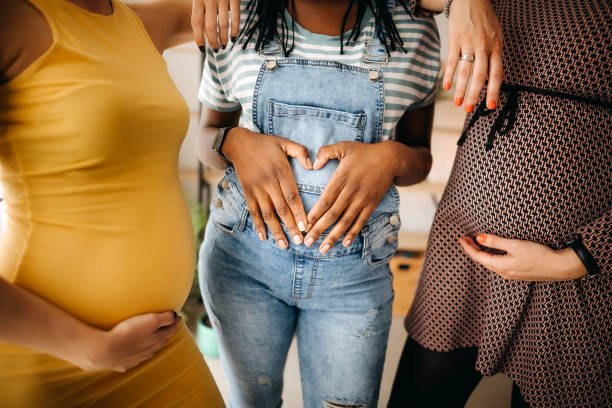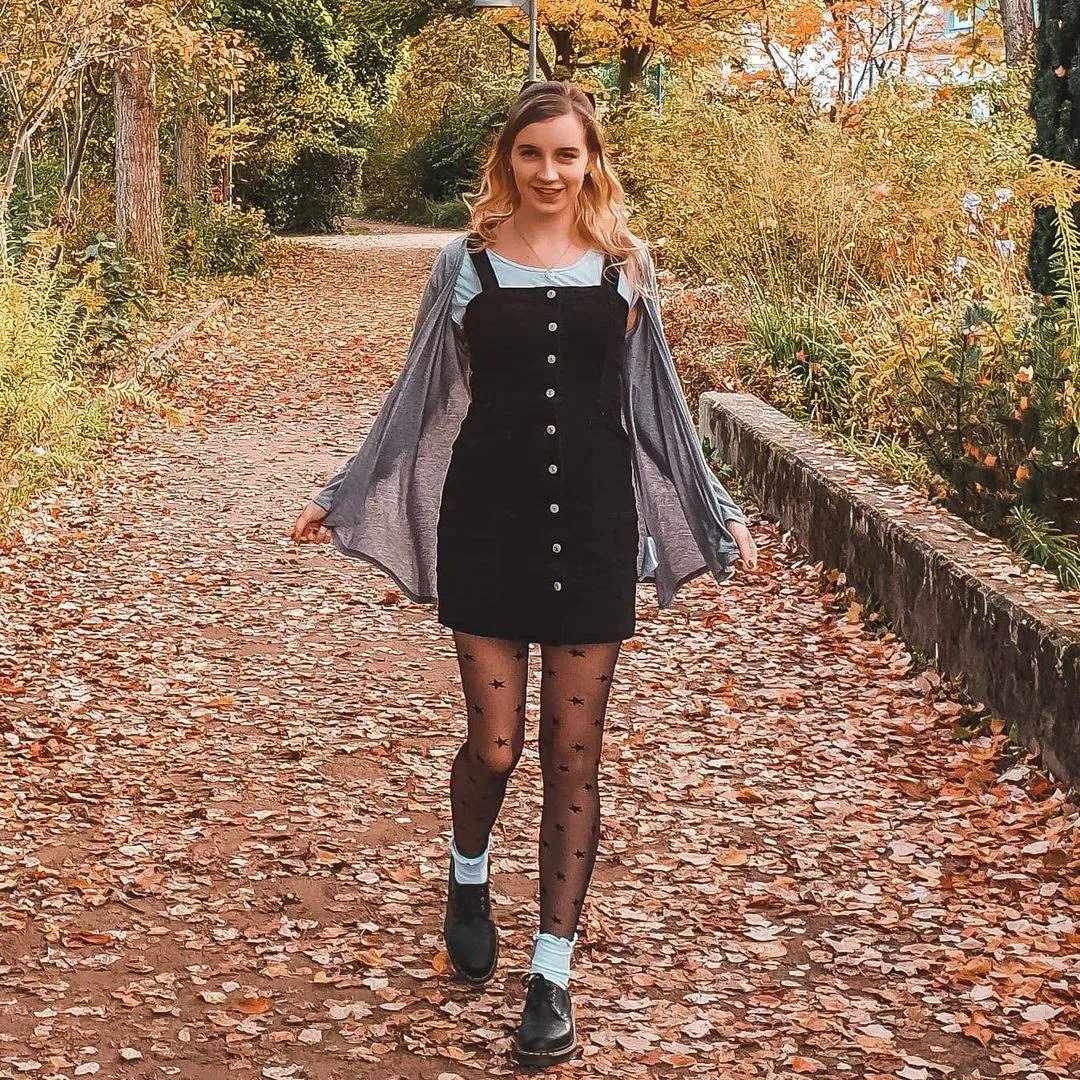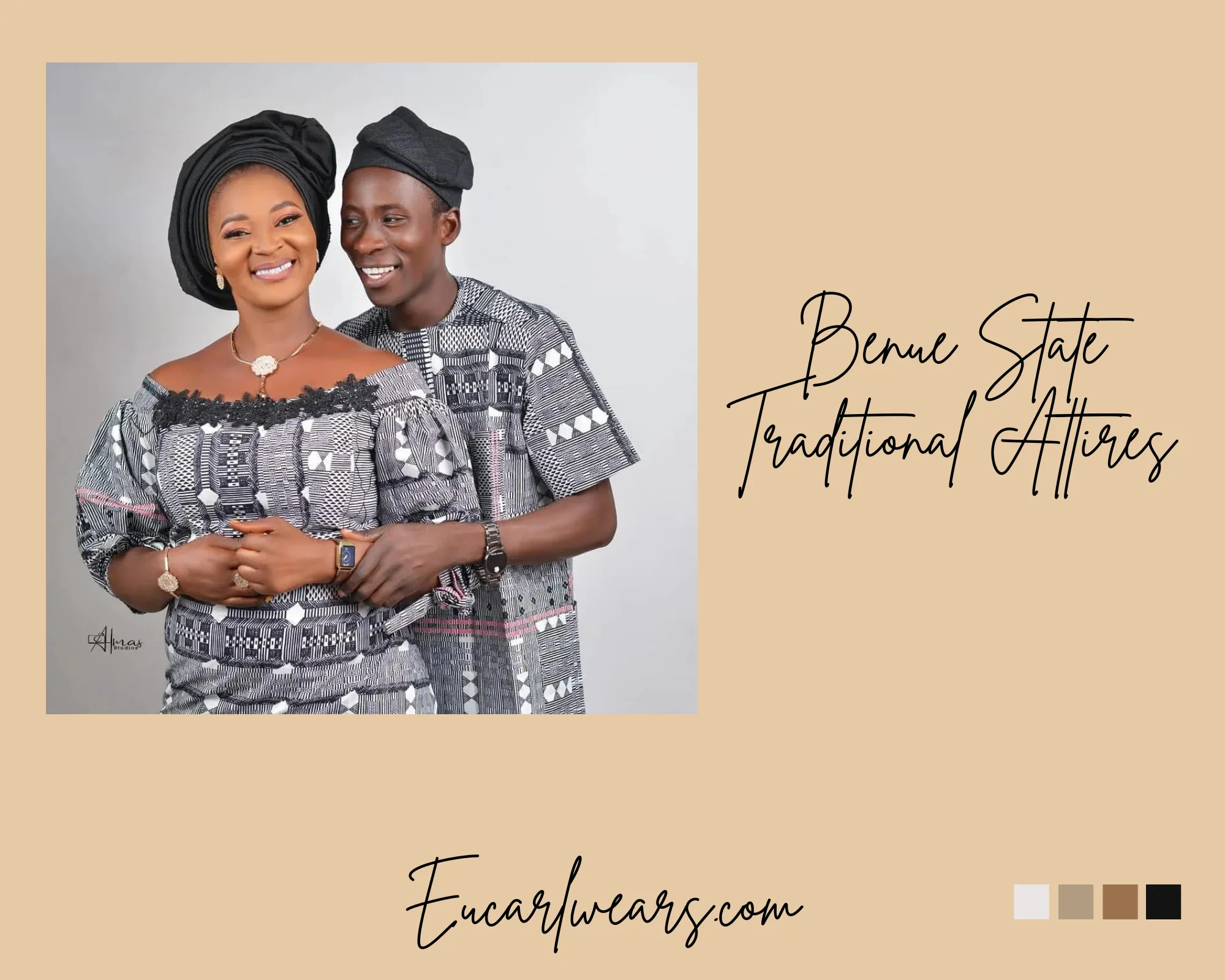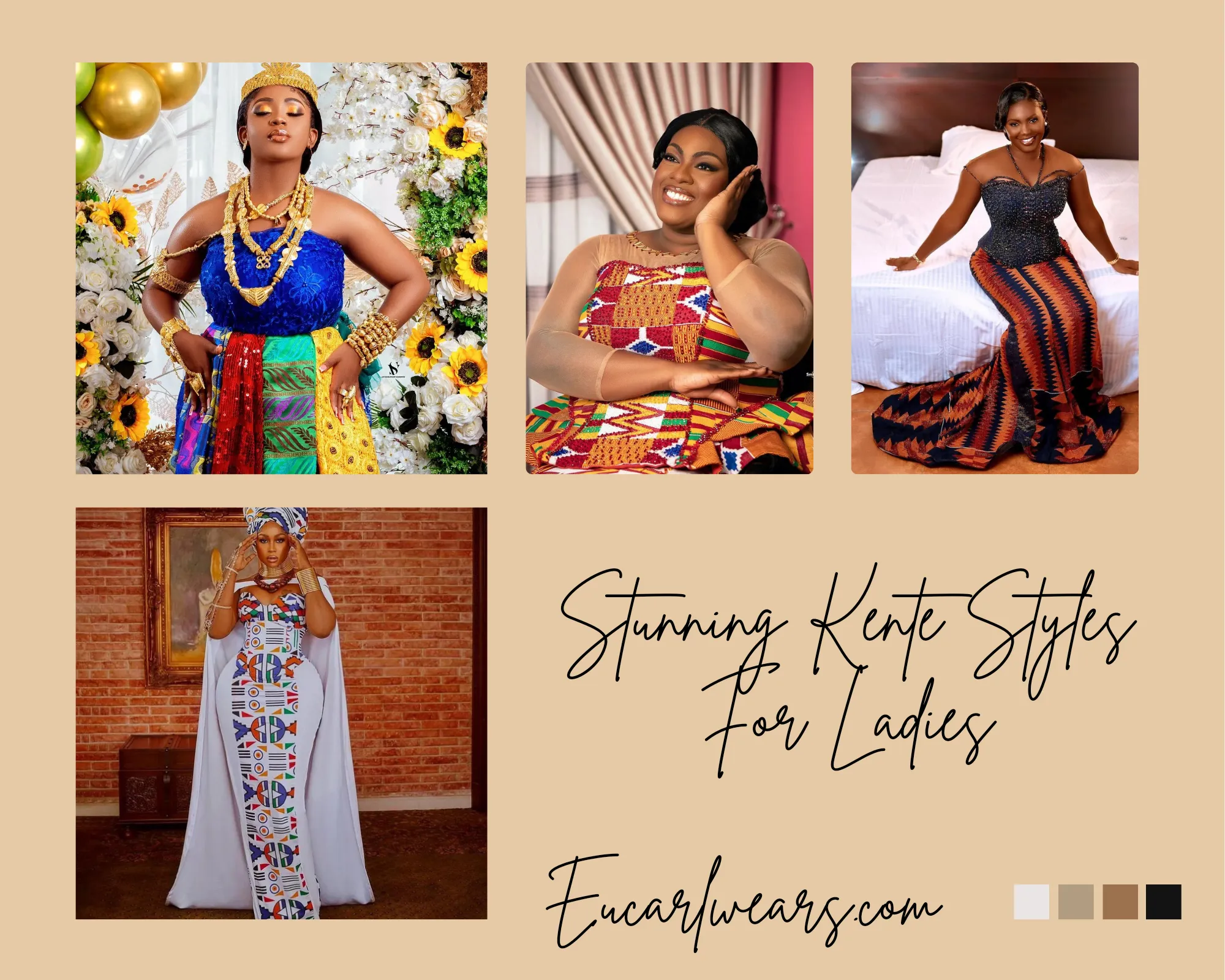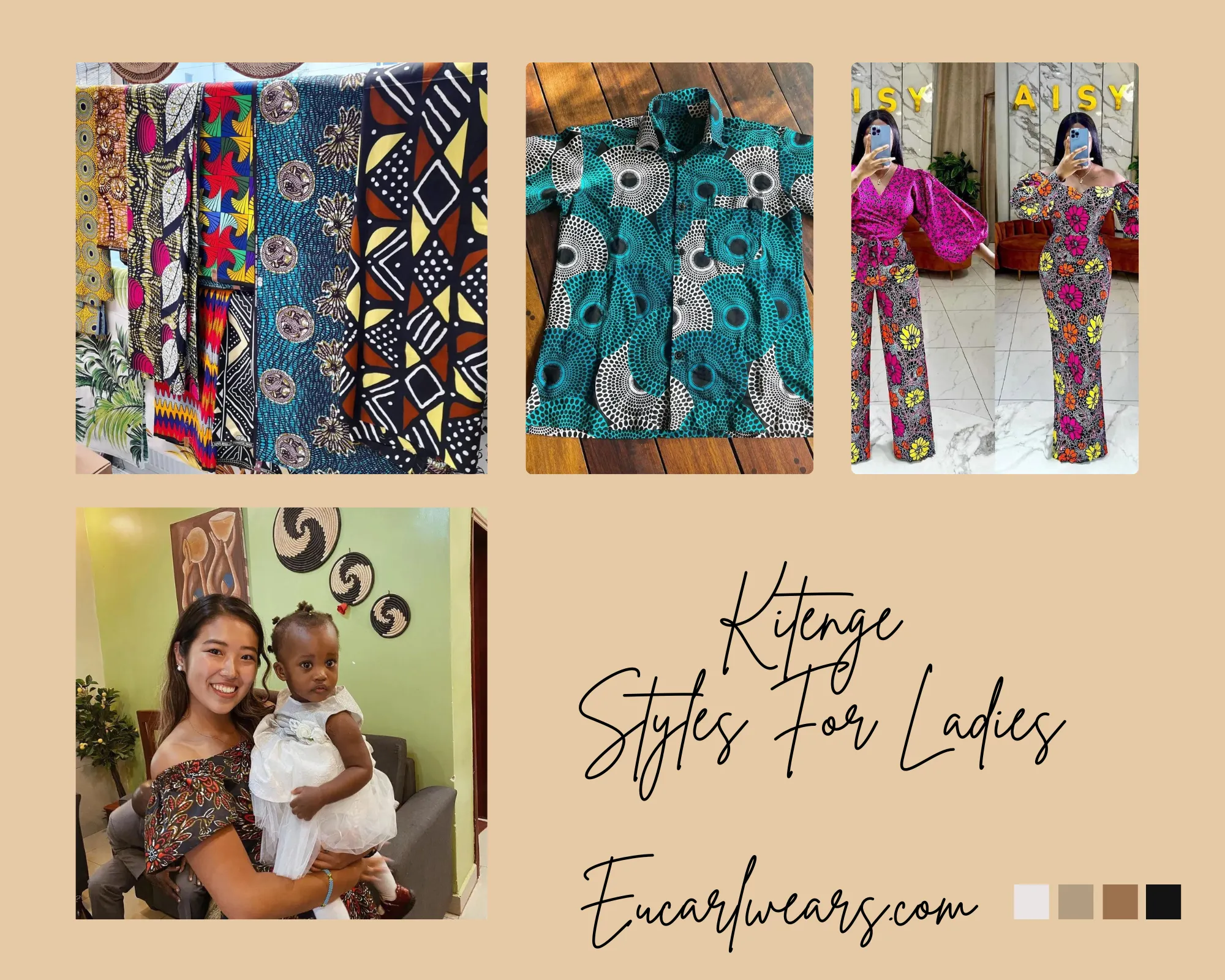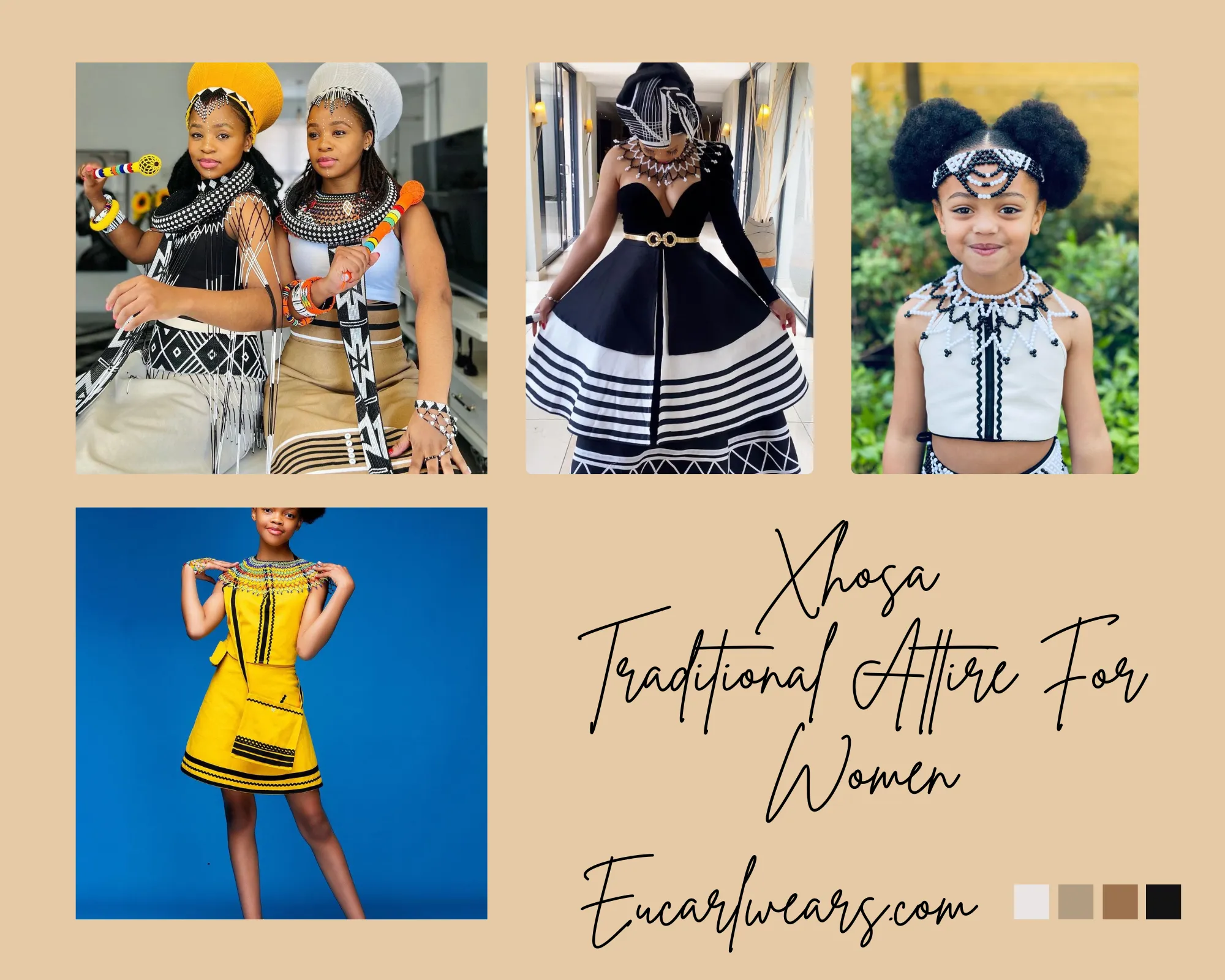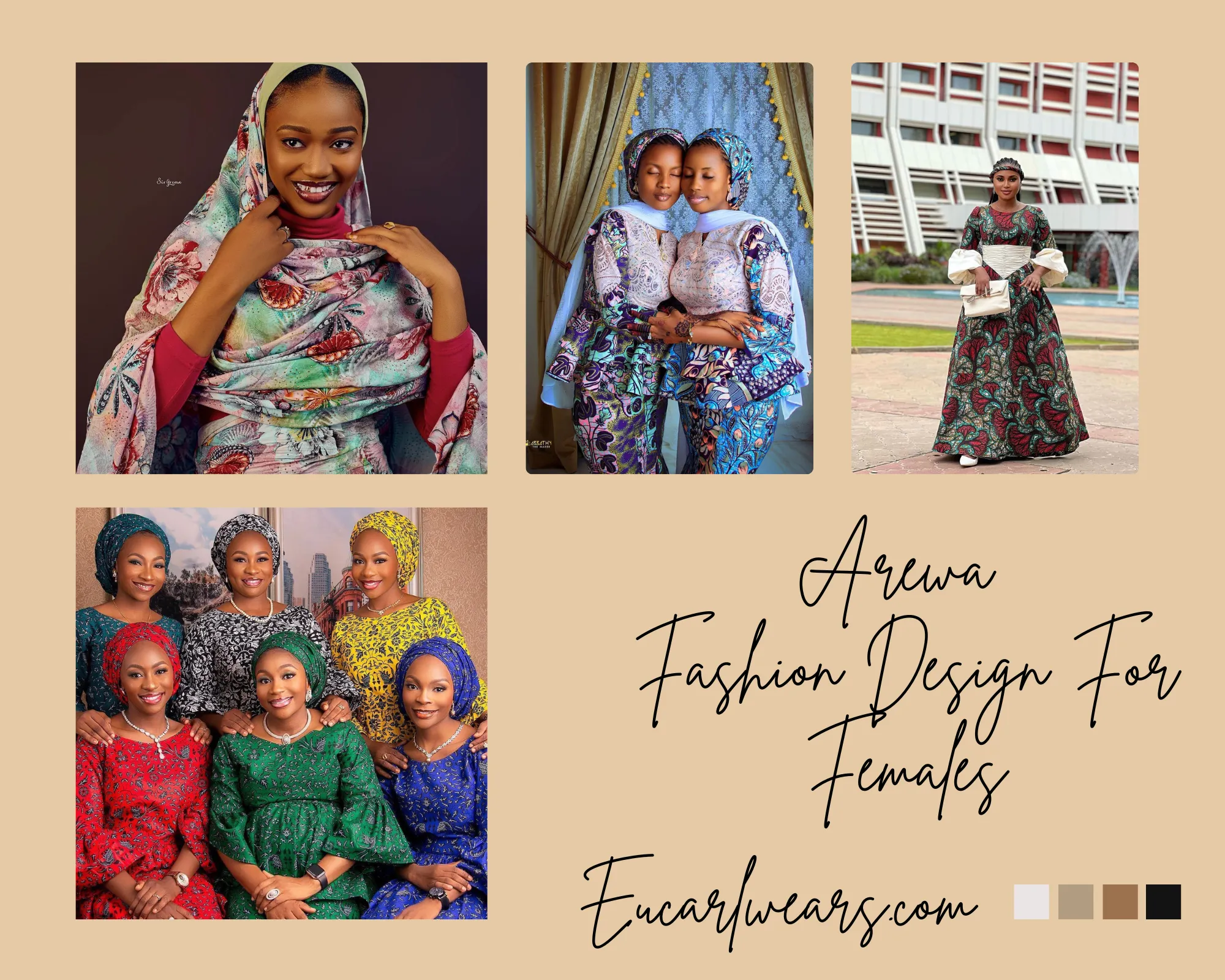Asian Wear
Gharara Traditional Attire with 50+ Pictures

A Gharara traditional attire consists of three outfits. The fit and flare wide-legged pants which is chiefly known as the Gharara, a Dupatta which is a netted veil that can be draped over the shoulders, and a short Kurti – a tunic shirt with a hem that reaches the mid-thigh. The knee area of the Gharara where the ruching occurs is known as the gota. The name took its origin from the Hindi-Urdu regions of India.
A lot of elaborate embroidery work in zari and zardozi is put into making the entire clothing a success. The length of the traditional gharara bottom is fashioned from about 12 meters of fabric, most commonly silk brocade.
Table of Contents
Similarities to the Traditional Gharara
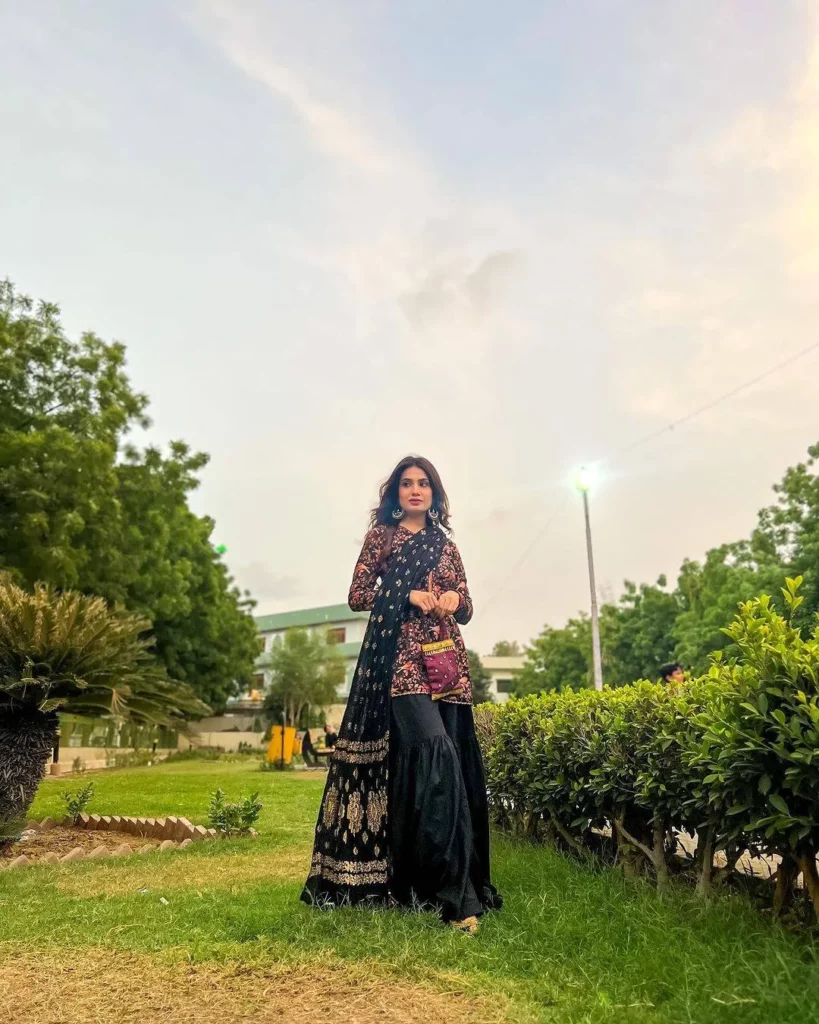
An outfit that is similar to the gharara is the Farshi Pajama. The latter flares from the waist throughout its length till the hem, whereas, the gharara is like regular pants only that it has a little ruching at the knee, which makes it flare out to the ankle.
Another outfit that shares common properties with the Gharara is the Sharara. They are both traditional attires of women in South Asia. However, the difference between sharara and gharara lehenga is their length and design.
Sharara have long lengths reaching the ankle and they flare from the waist. Multiple fabric panels are joined together to form the flared fit. Ghagra bottoms on the other hand are fitted pants at the waist, hips, and thighs, but flare from the knee. The flared effect is made with a few fabric panels.
Ghagras/Gharara/Garara are traditional outfits for girls and women residing in Uttar Pradesh, Bihar, Haryana, Gujarat, and Rajasthan. They are considered day-to-day wear by traditional women in India.
Lehengas are more of a modern version of the ghagras. They are worn with a shorter top that stops above the navel called a “choli”. The lehenga starts just below the navel and has a similar cut to the Sharara. This set is commonly worn for weddings, sangeets, and festivals.
Origin of the Ghararas
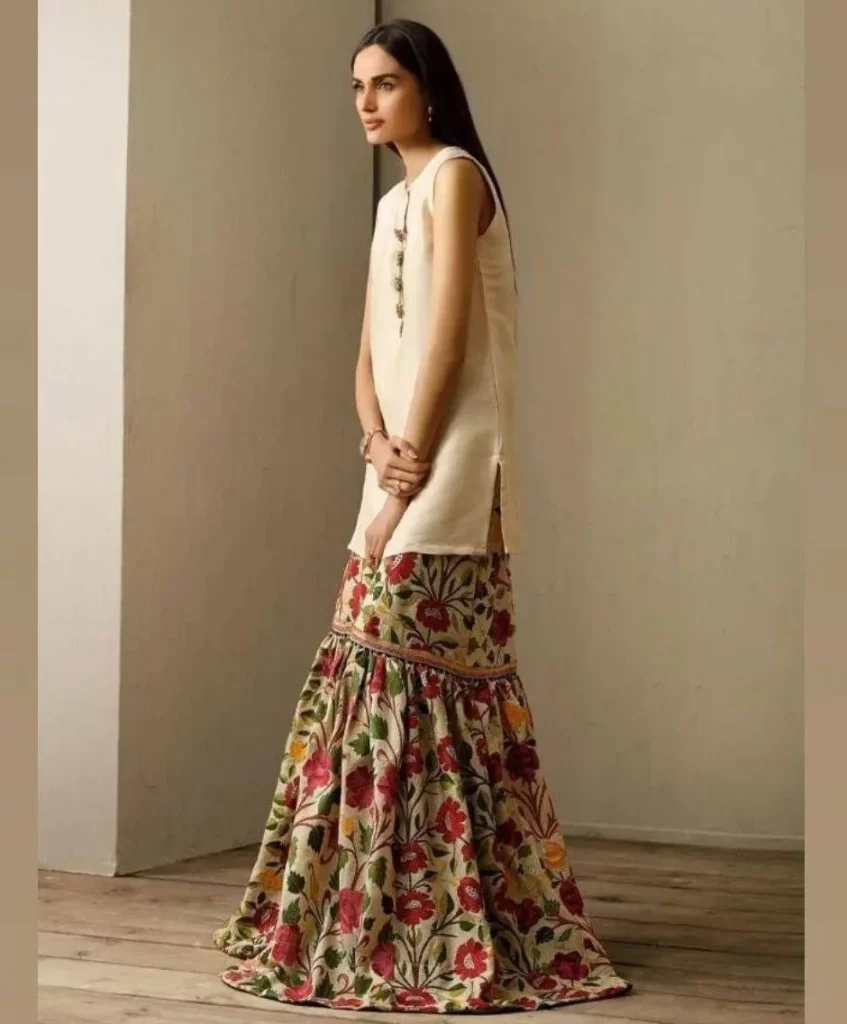
Garara was first known to have originated from the people inhabiting the Awadh region of Uttar Pradesh between the late 19th and early 20th centuries. This also coincides with the period just after the era of the Nawabs.
The late 19th and early 20th centuries are often considered the birth of the gharara because that was when the clothing became very popular. The Nawabs developed an interest in the traditional attire during their era and so, women from the elitist classes wore the cloth. This included women born to royal families and dignitaries such as the Taluqedars and the Nawabs.
Ghararas depicted class, sophistication, and aristocracy, so it was considered appropriate to be donned by members of these social classes. Pakistani brides from the Northern regions also wore the outfit as a traditional wedding cloth. It was and still is a representation of their traditions and ethnic cultures.
Over time, the outfit became a common wardrobe staple in the Hindi-Urdu belt and North India, specifically among Muslim women. This was because the bagginess of the pants made them easy to wear, comfy, and decent.
In recent times, the Garara attire is no longer worn as everyday clothing, although, they still serve as wedding attire among Muslim women of the Hindi-Urdu regions of India. The Urdu-speaking immigrants in Pakistan and Bangladesh also wear the attire for special occasions.
Pictures of the Ghagra Attires
Below are some stunning pictures of the Garara traditional outfits that you would certainly want to explore. So feed your eyes!
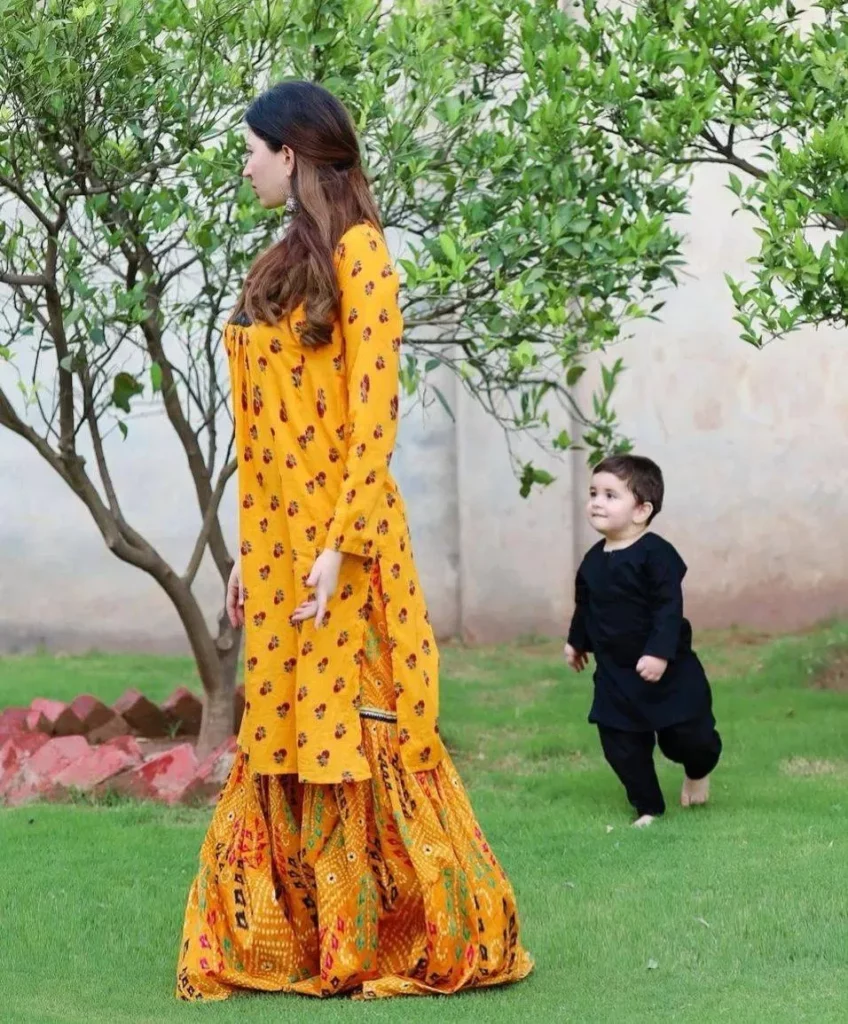
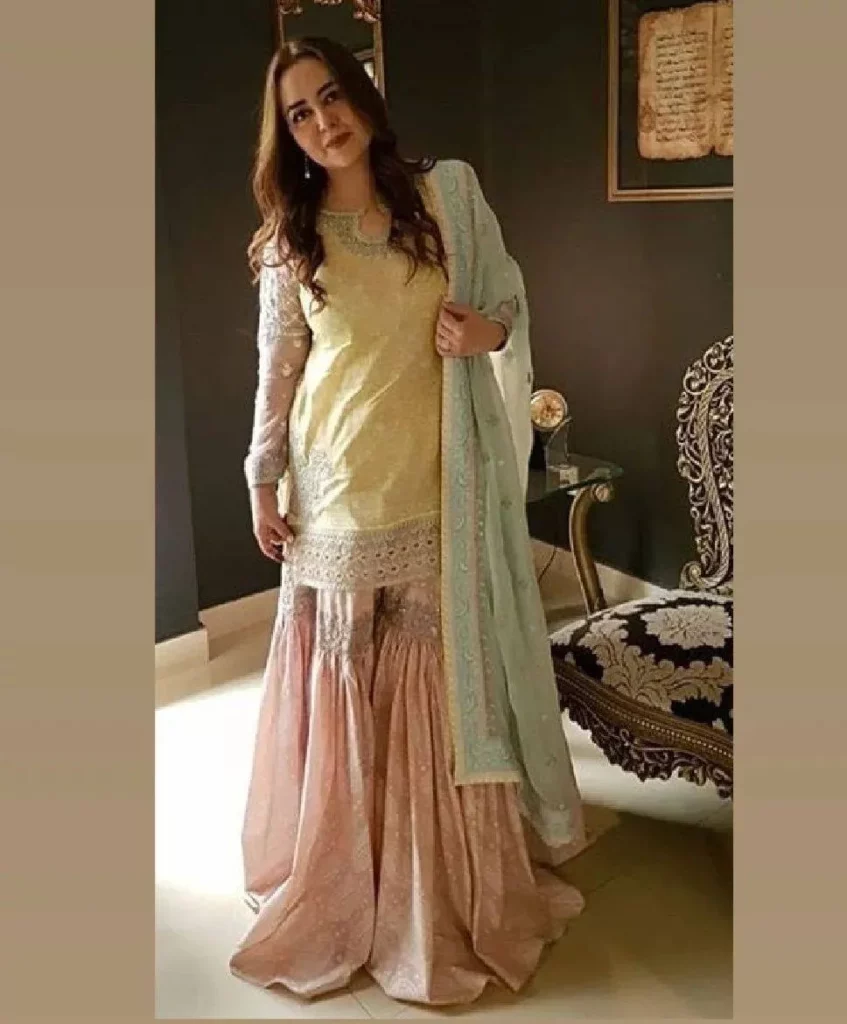
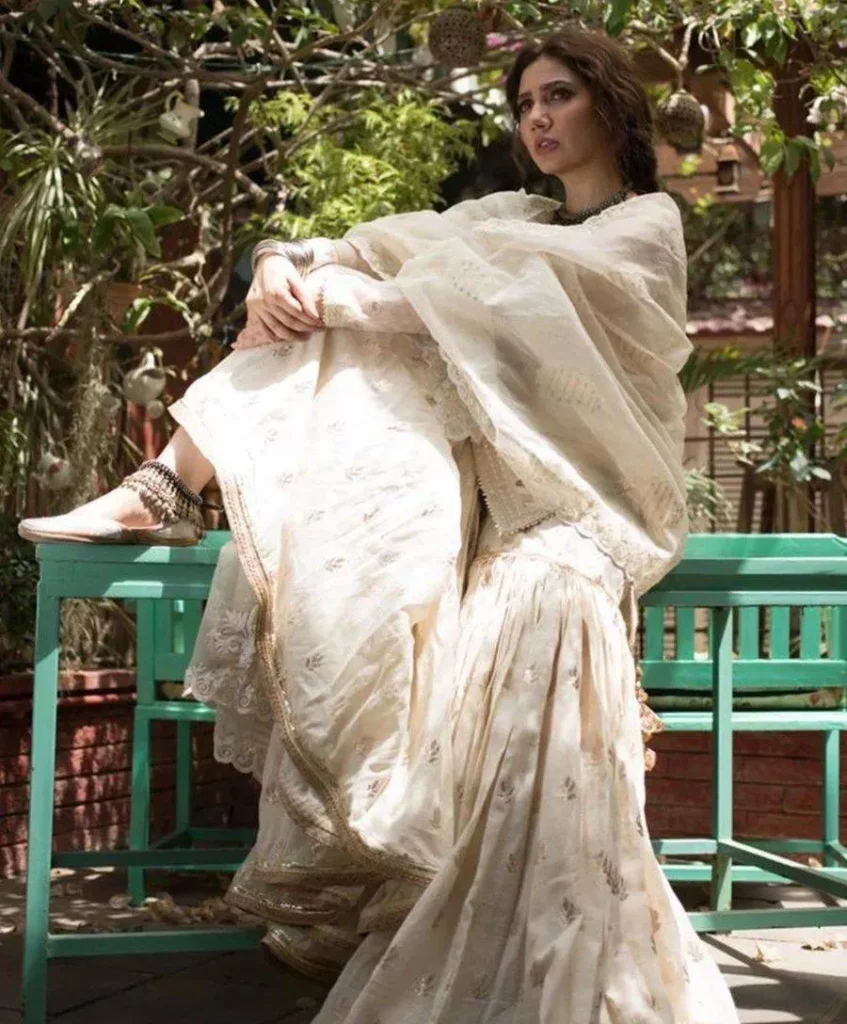
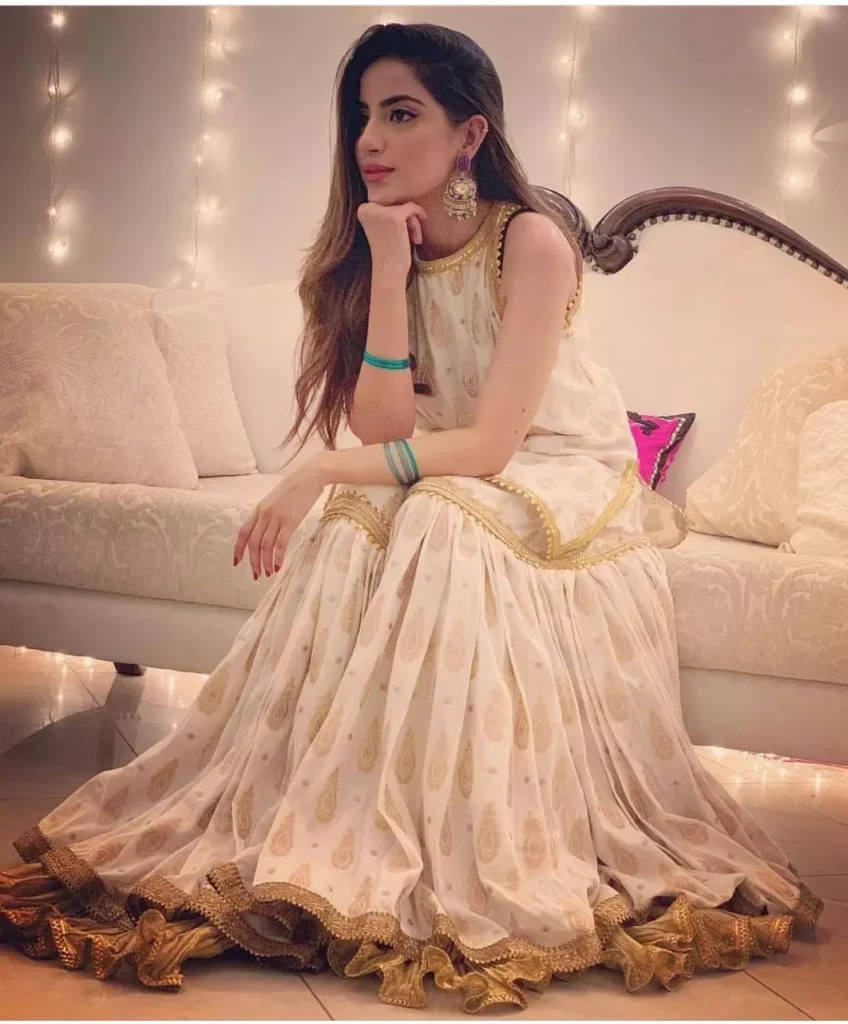
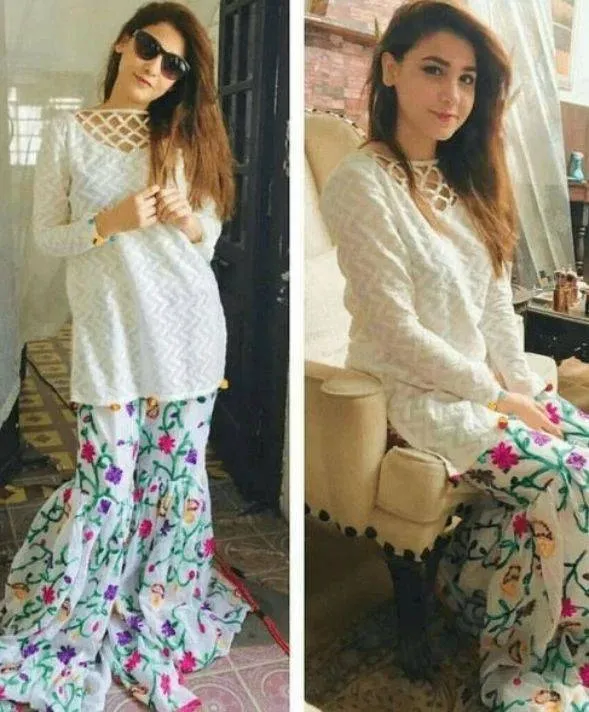
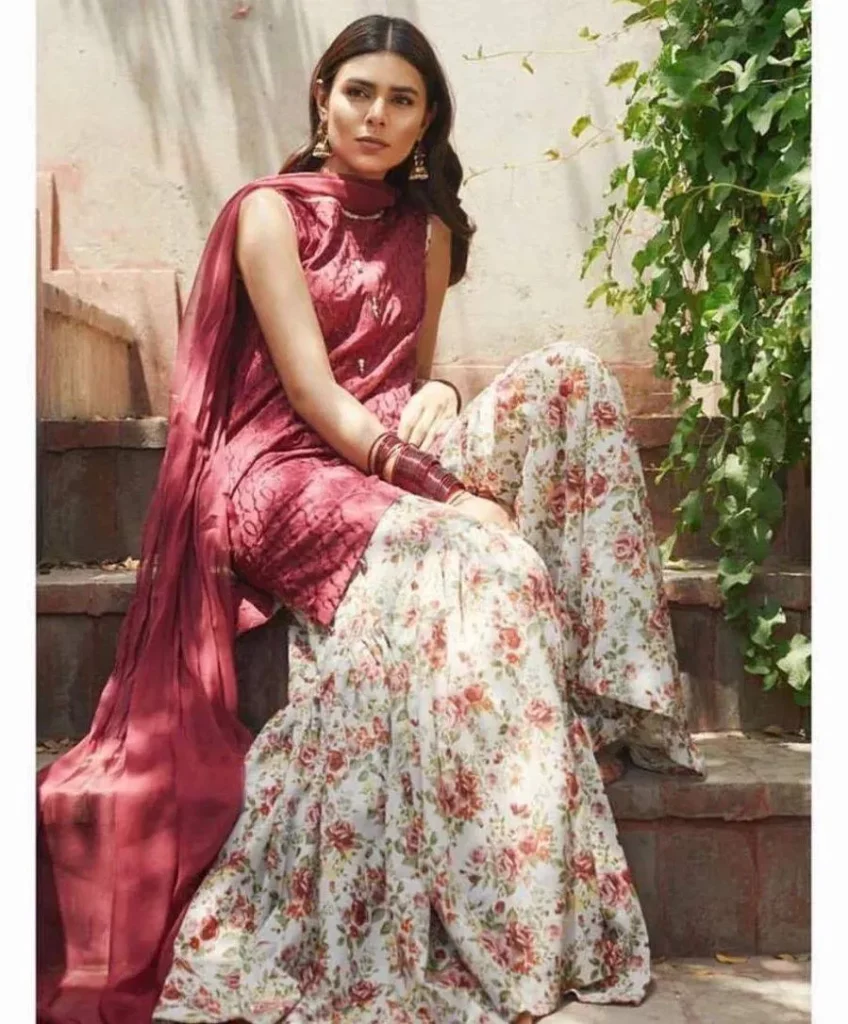
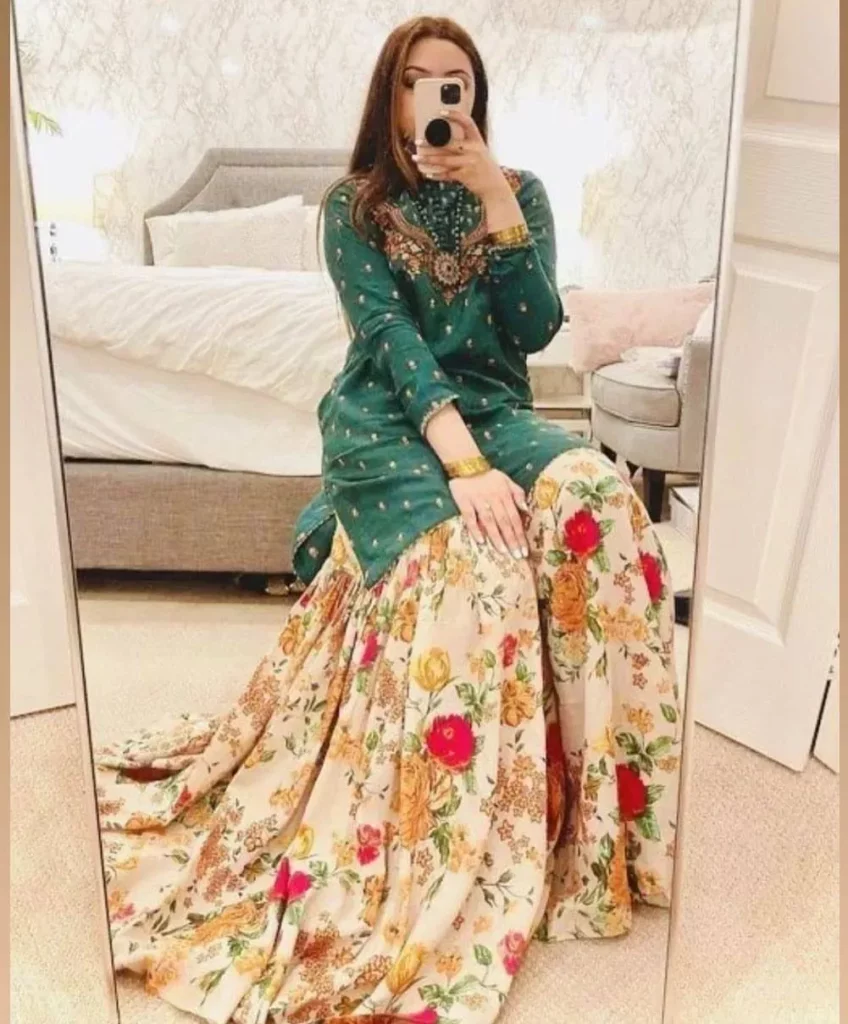
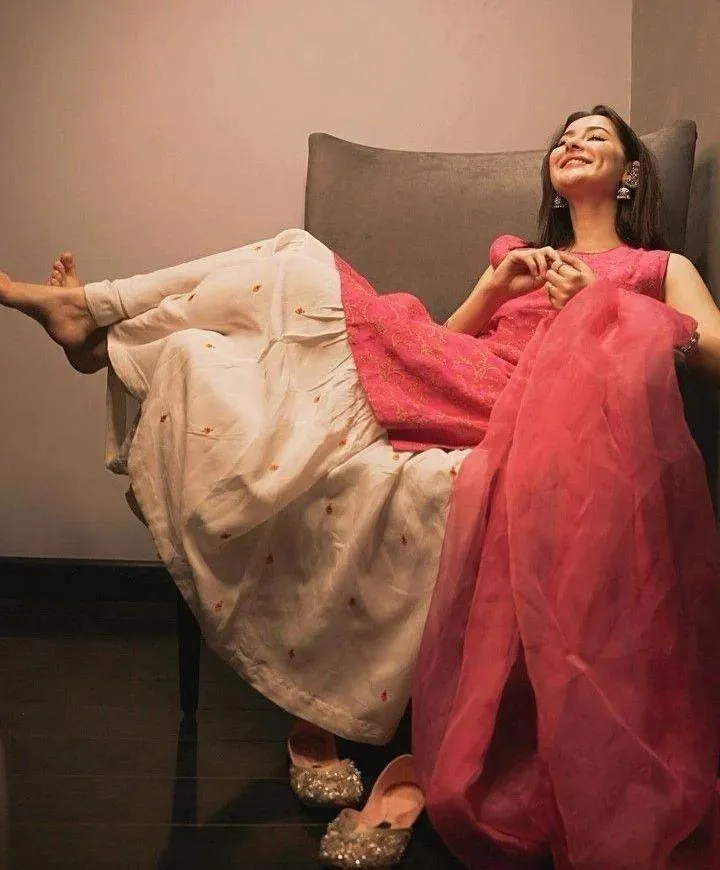
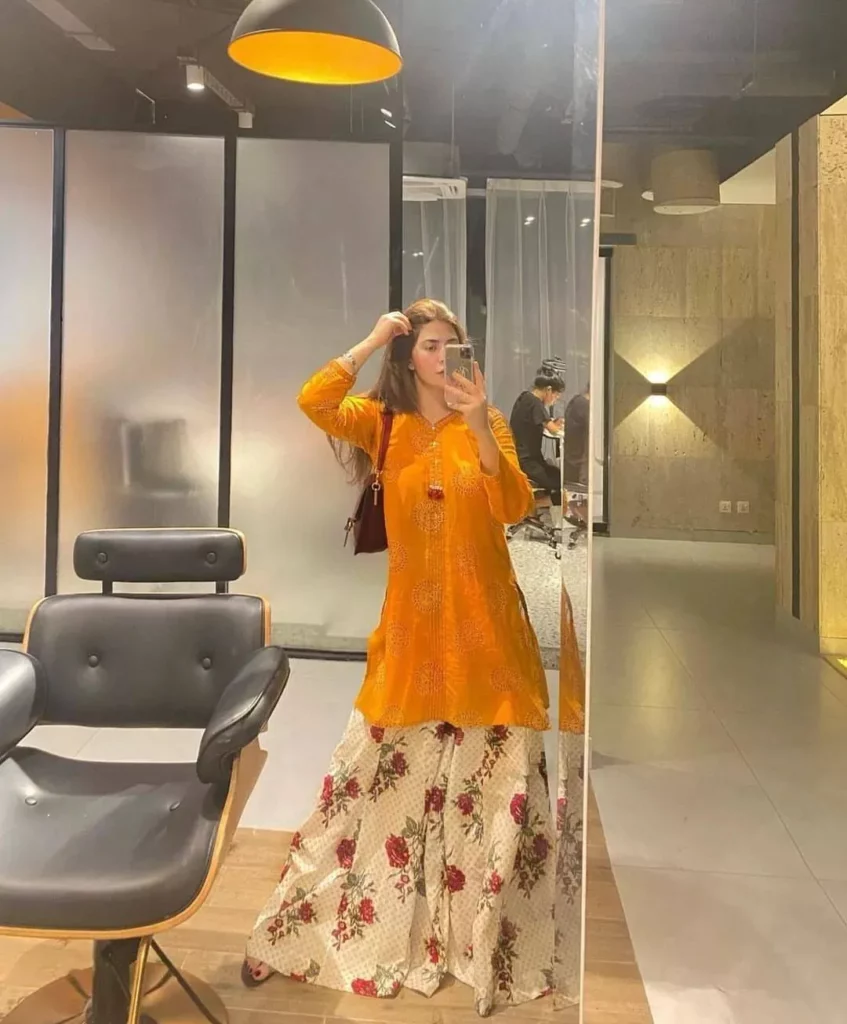
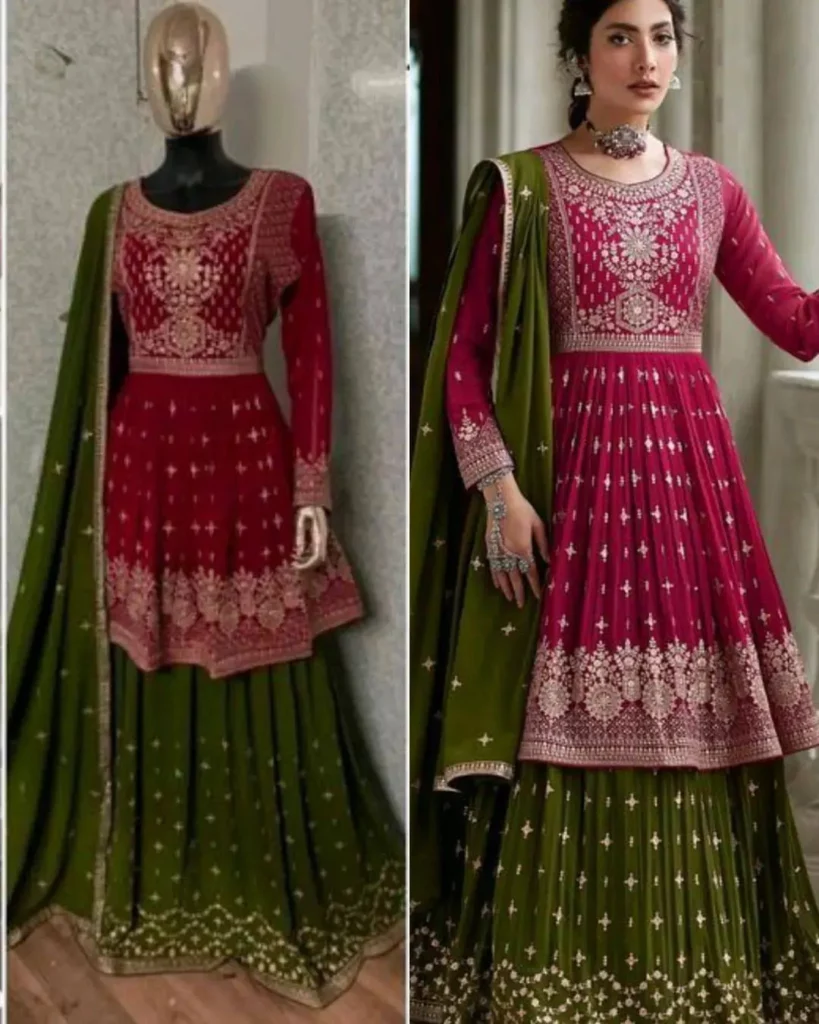
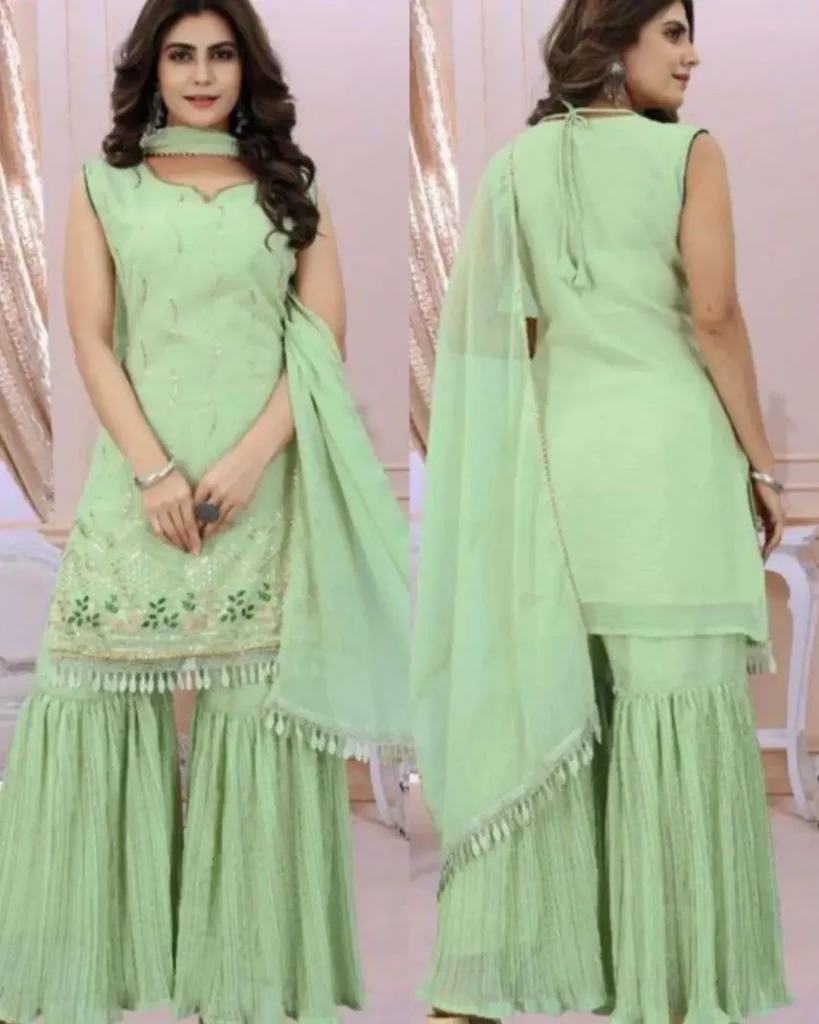
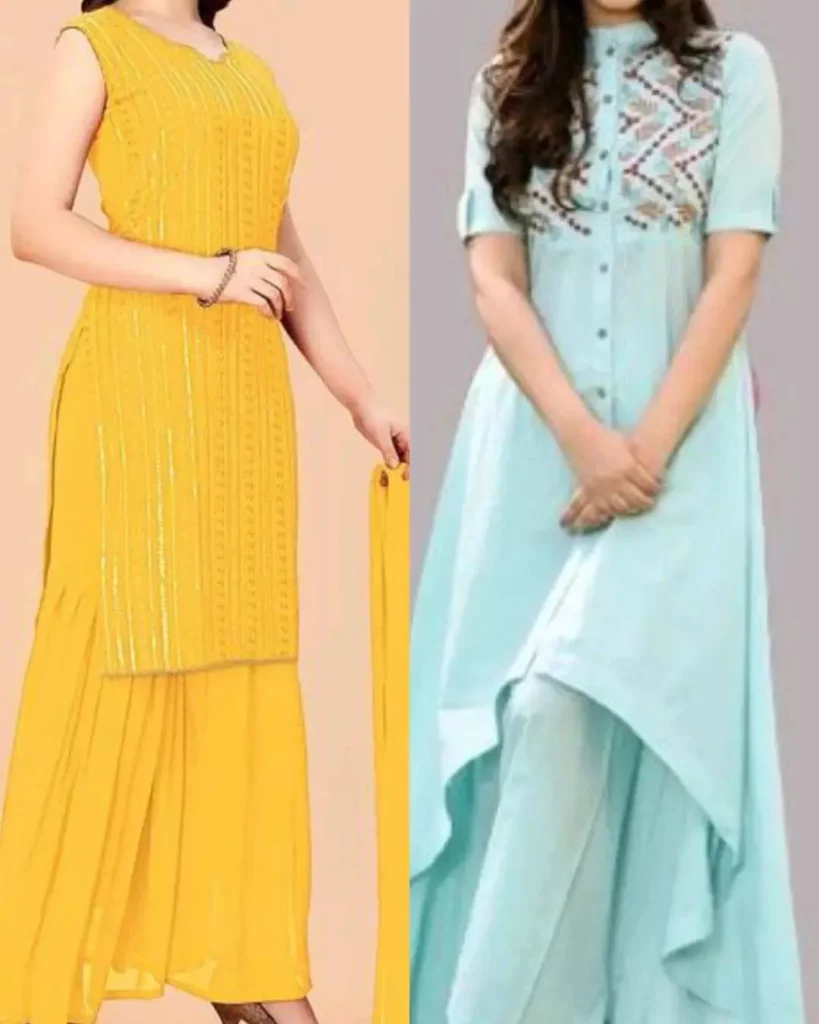
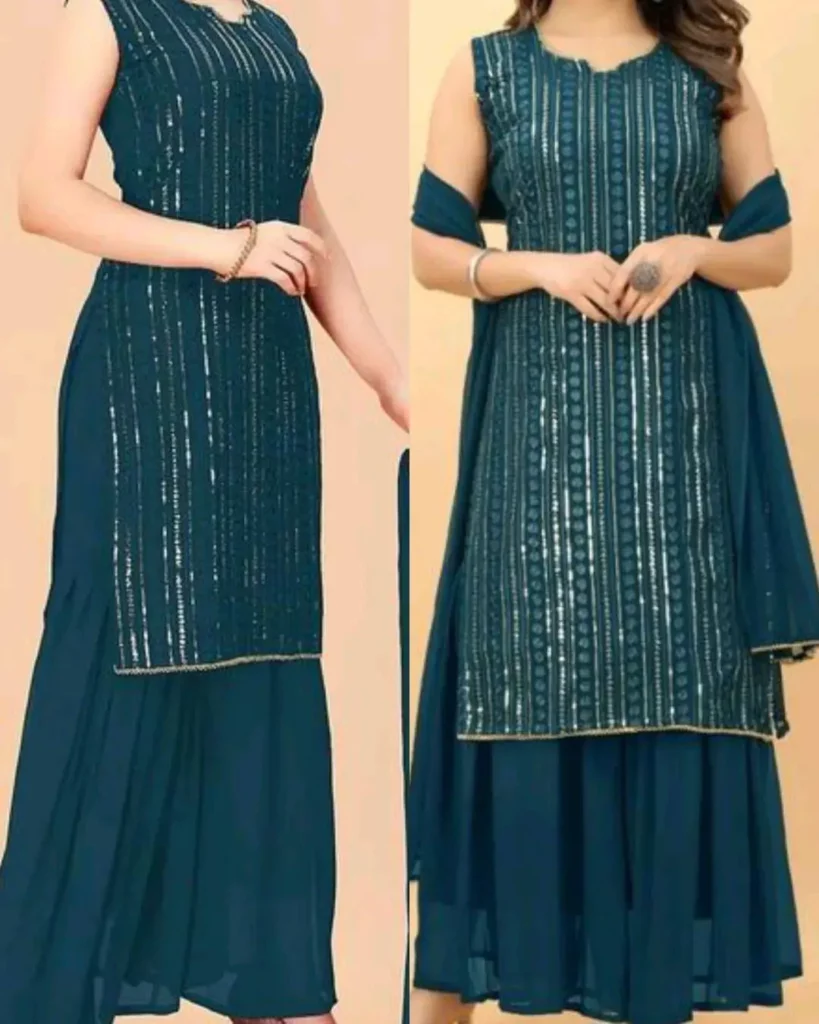
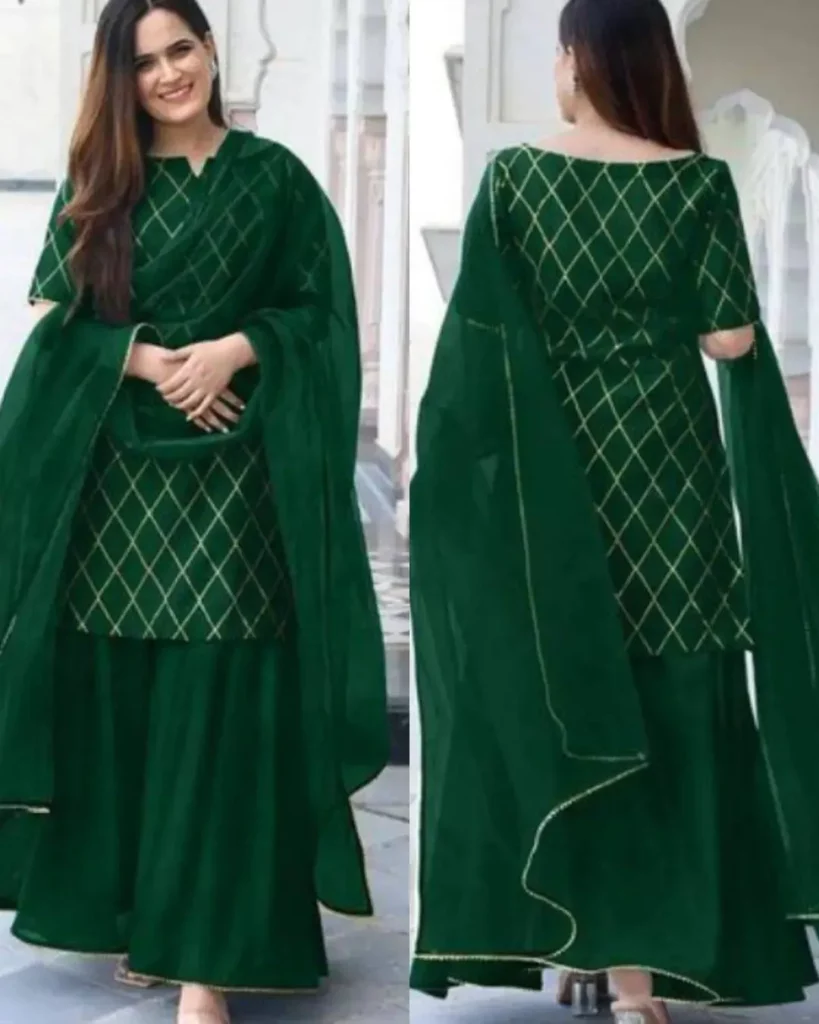
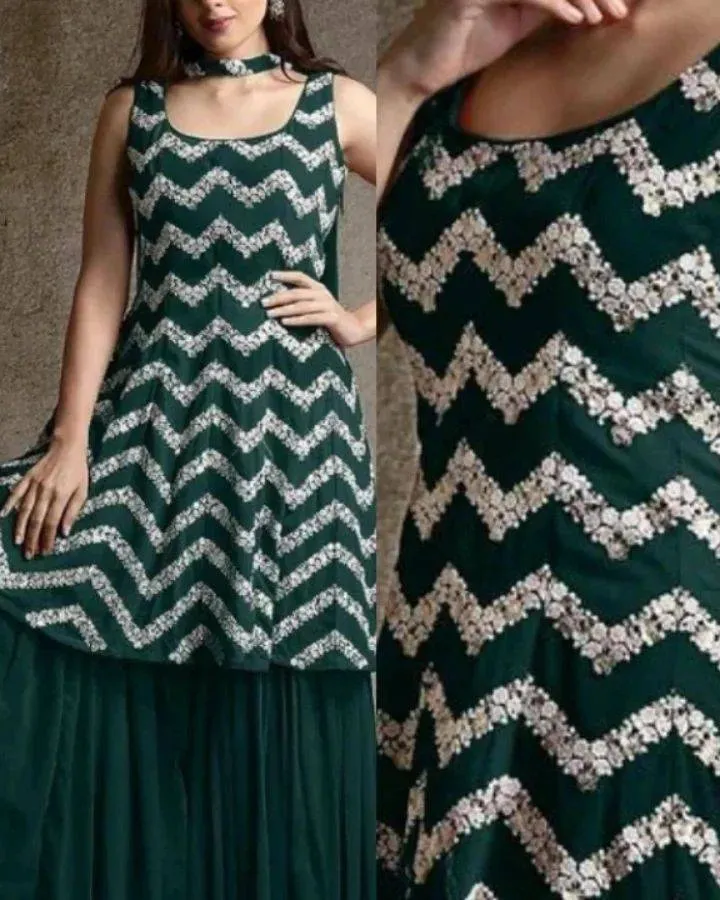
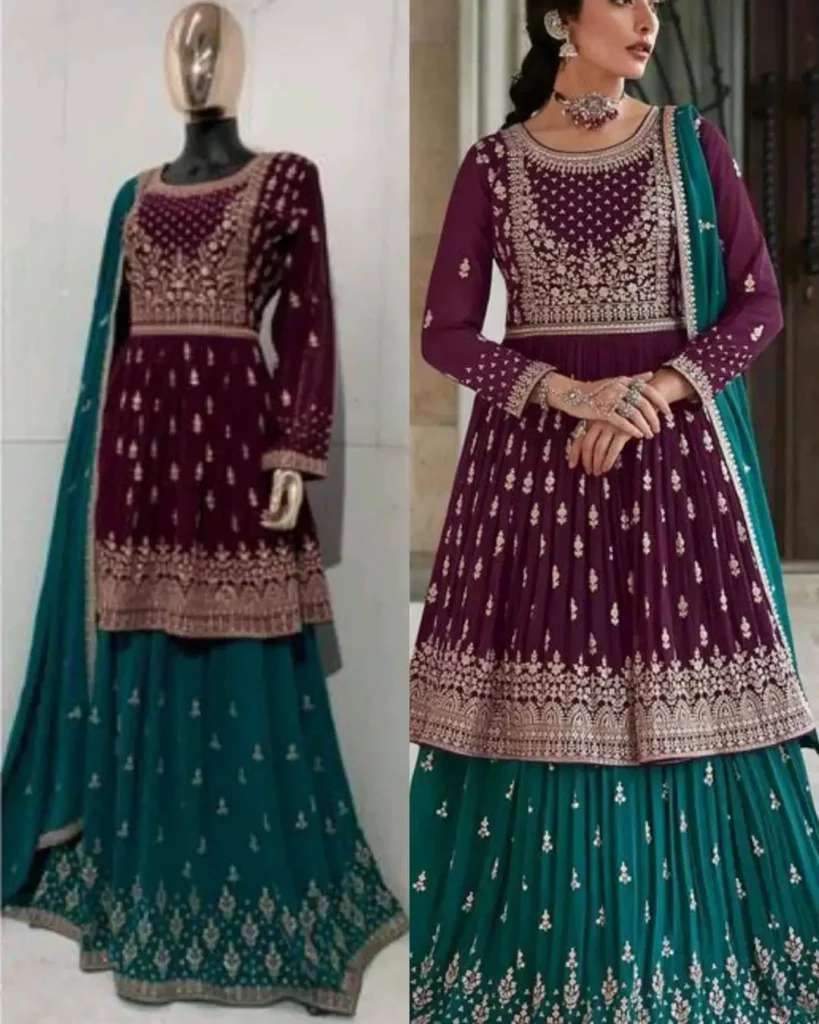
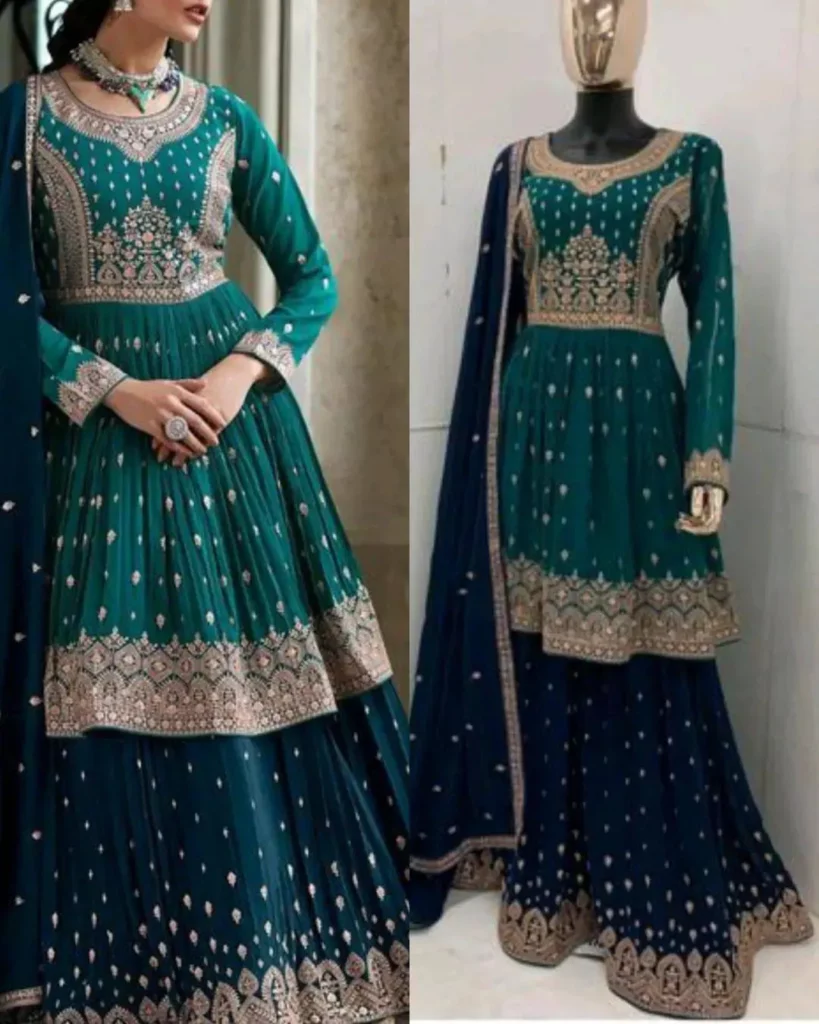
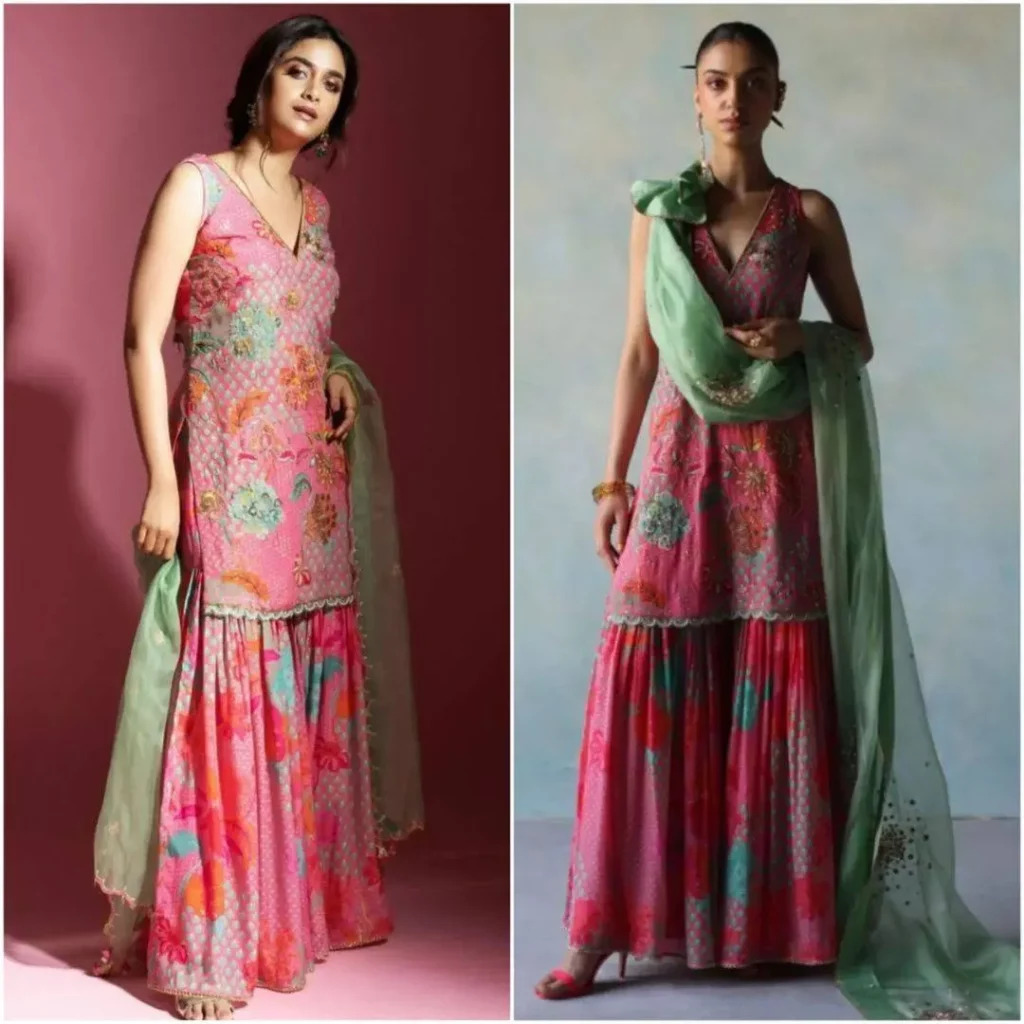
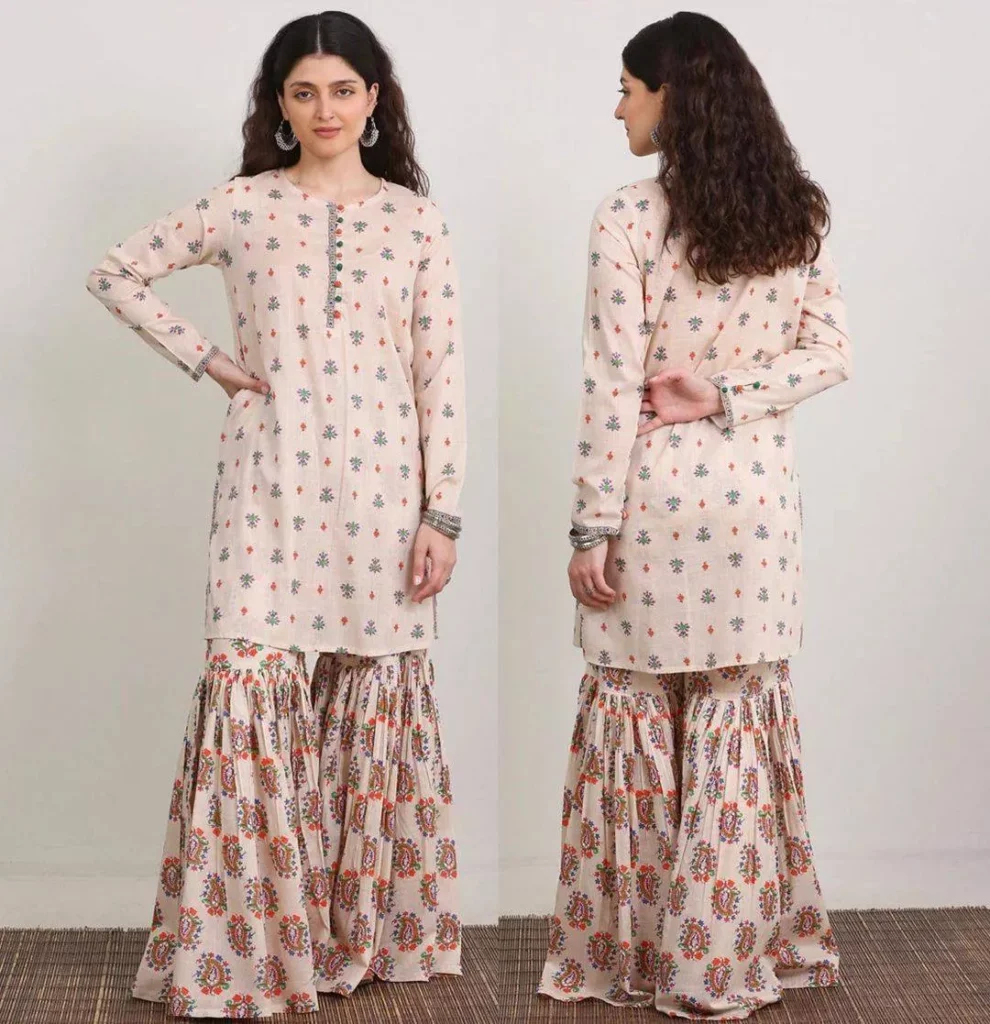
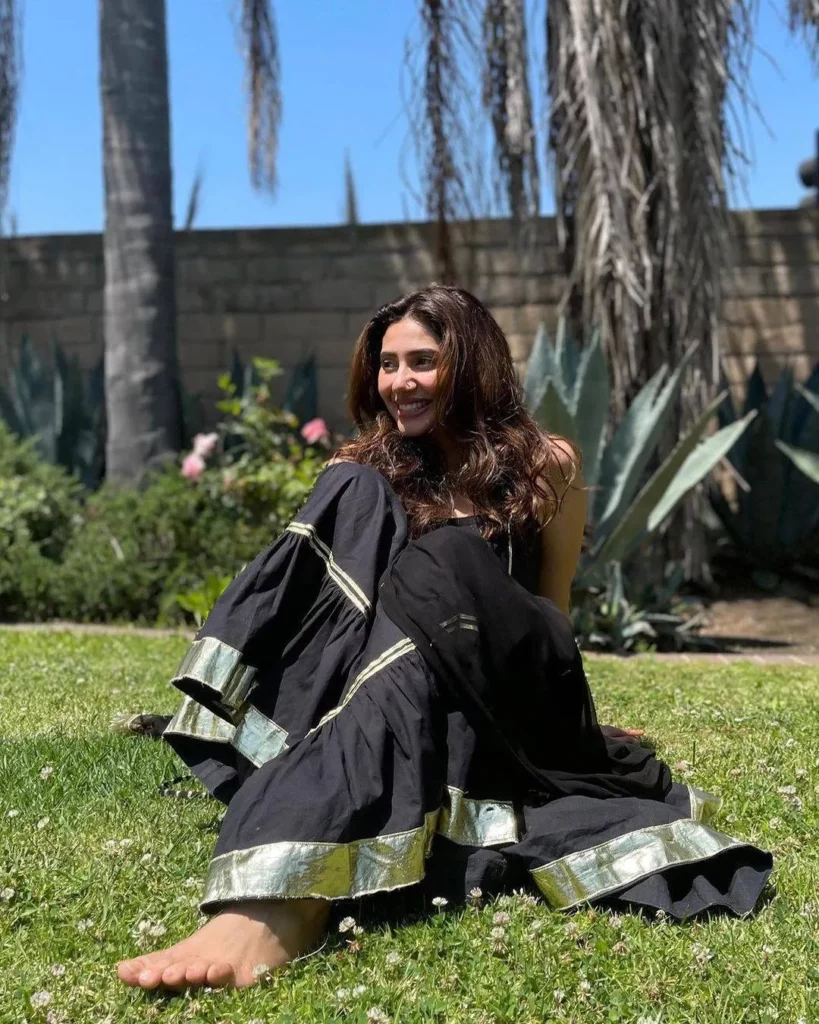
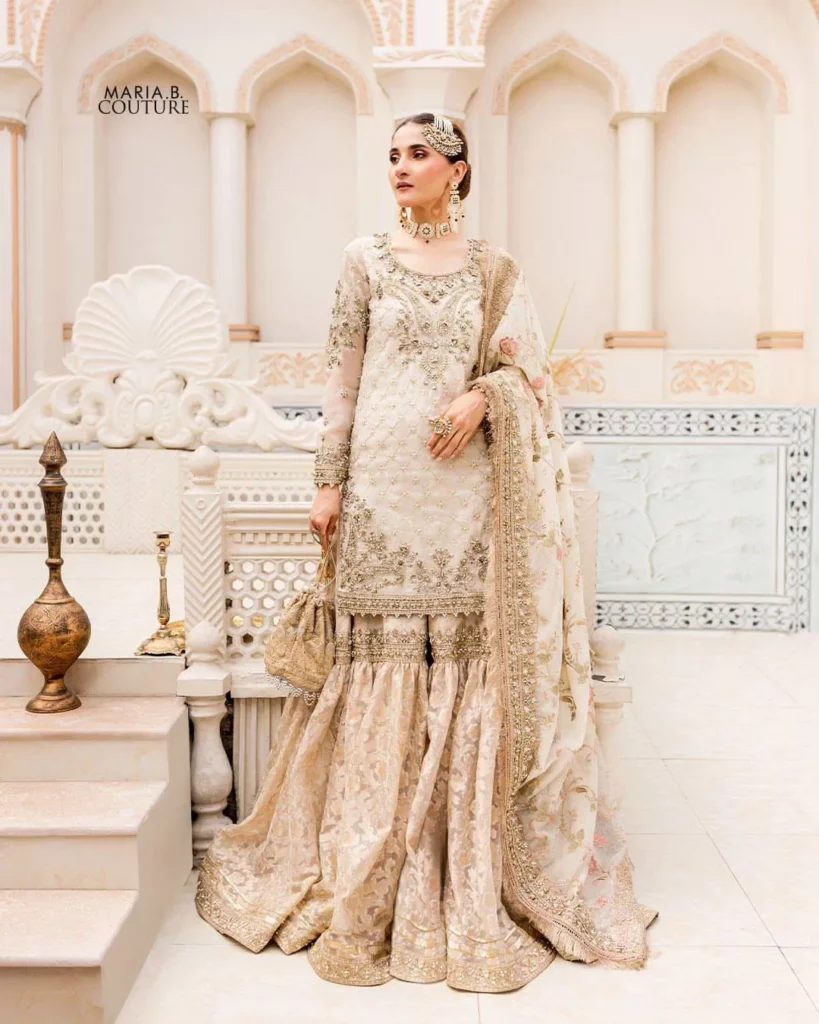
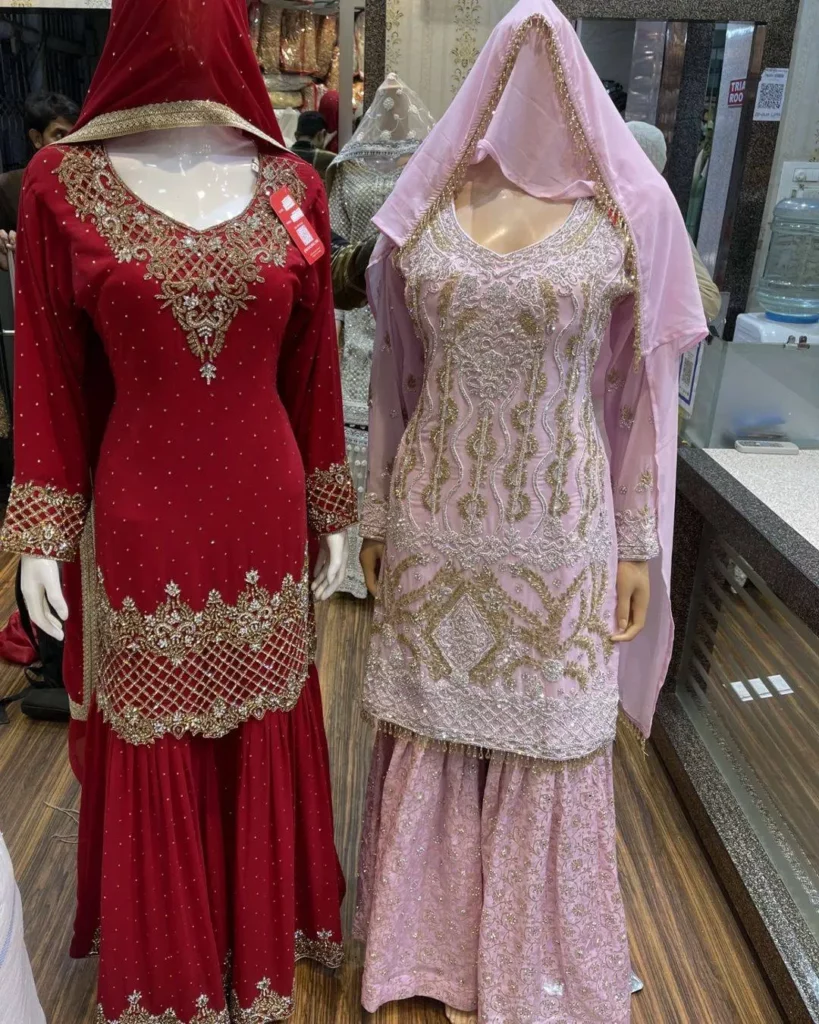
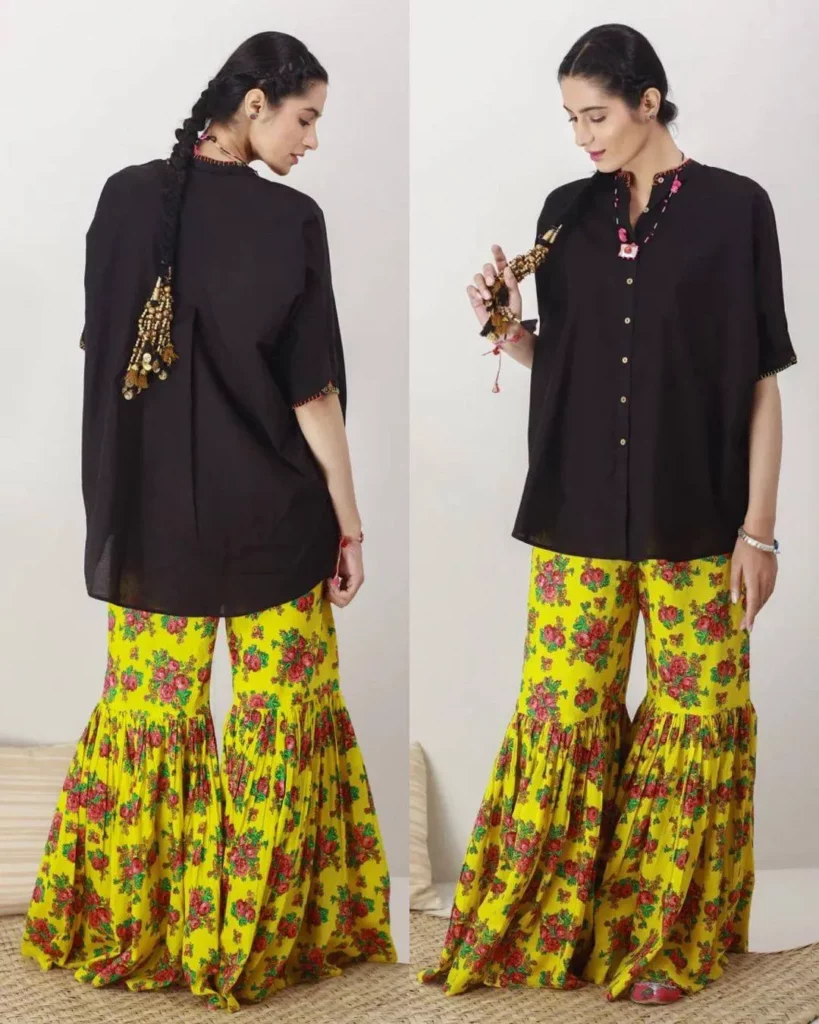
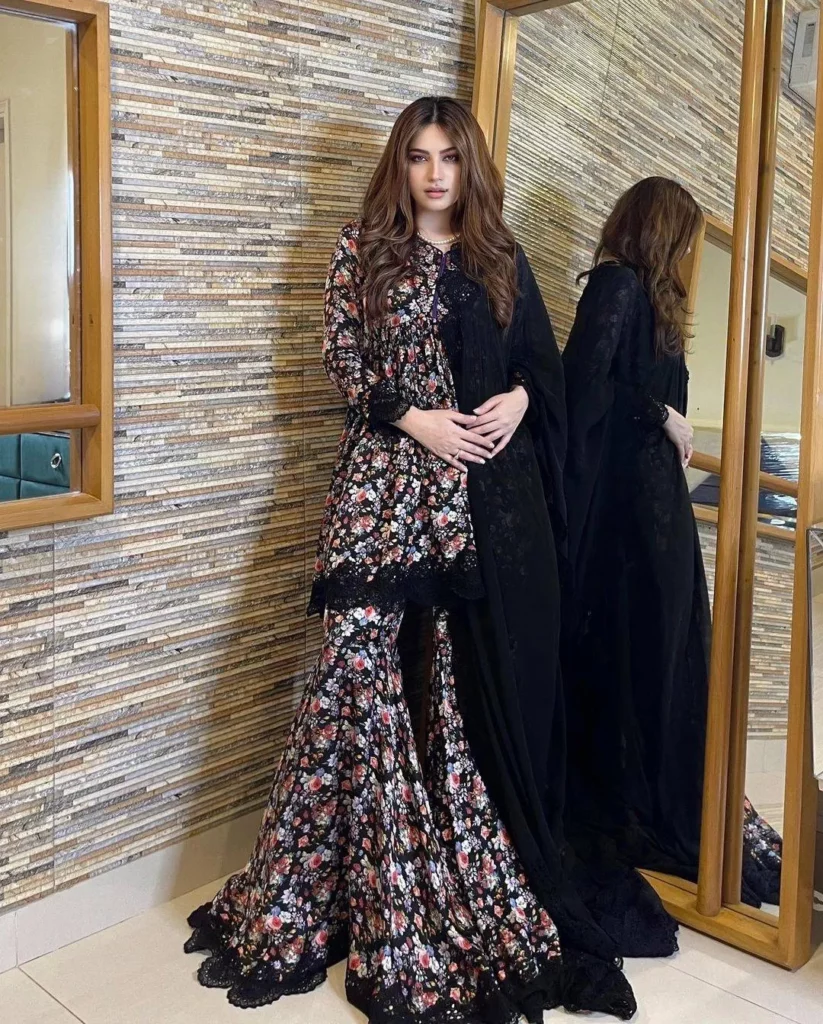
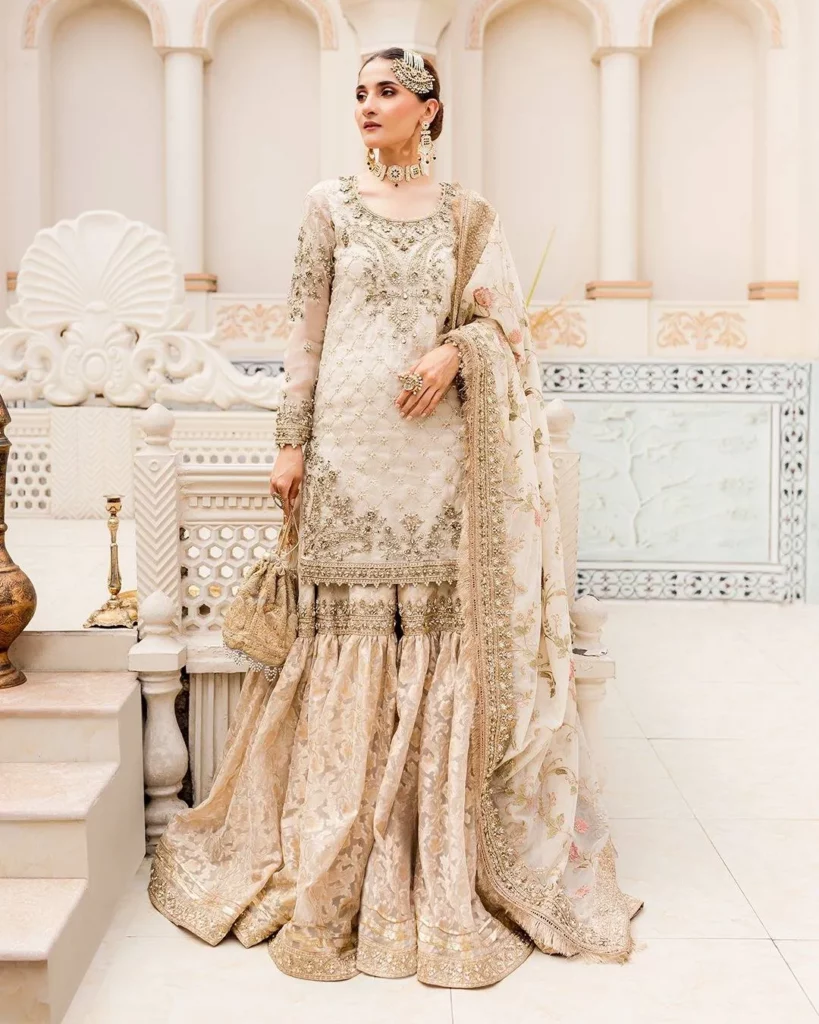
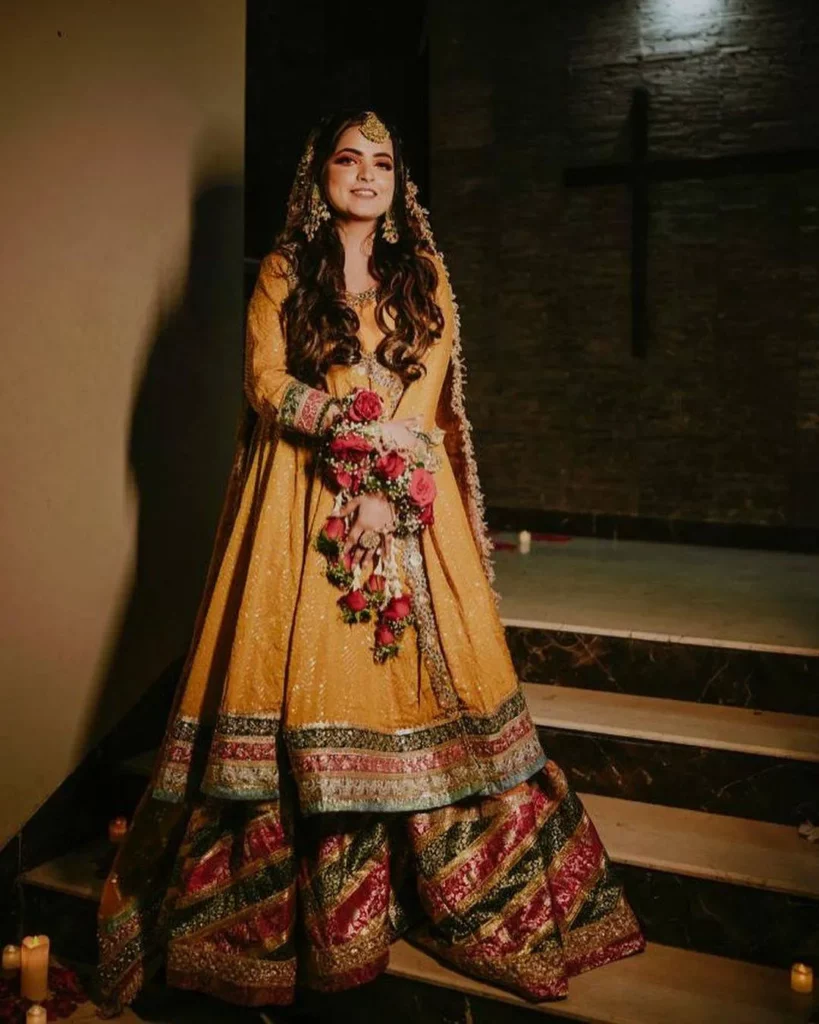
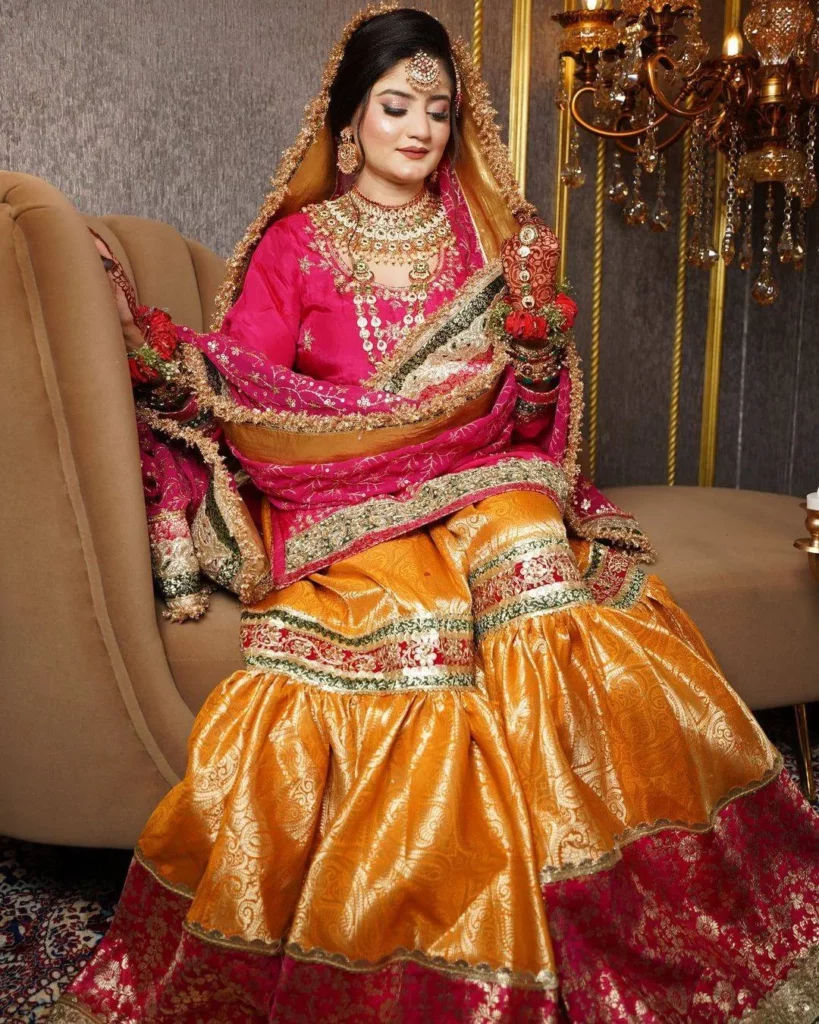
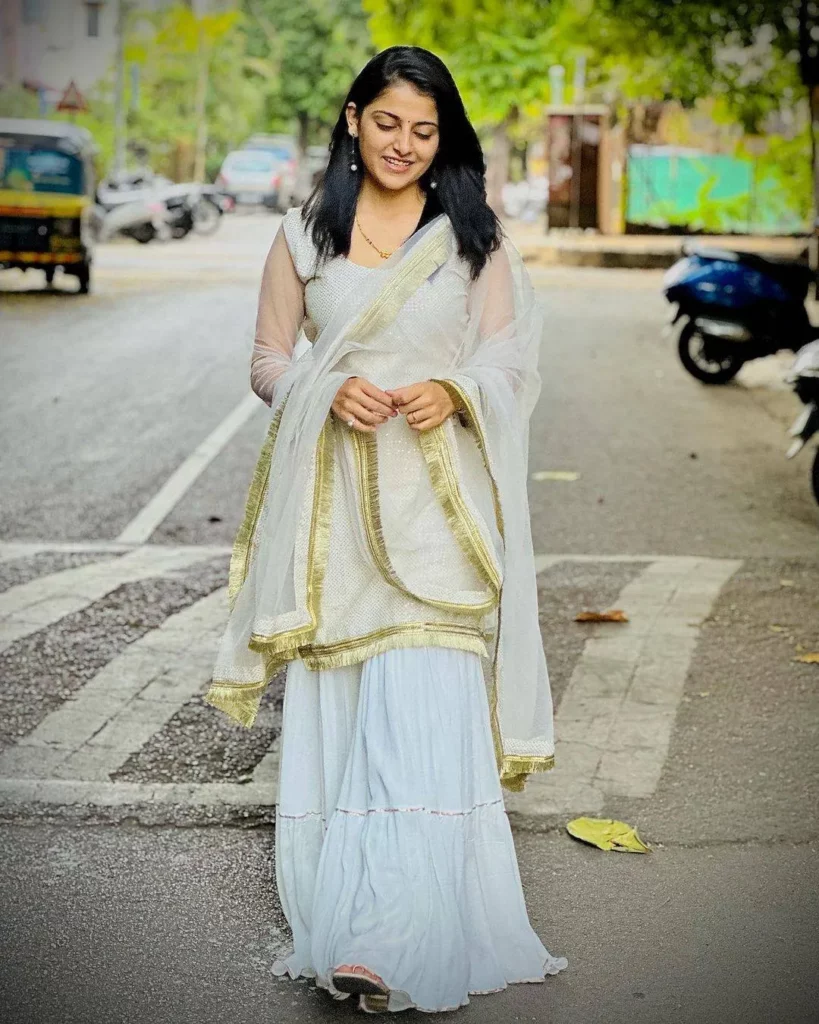
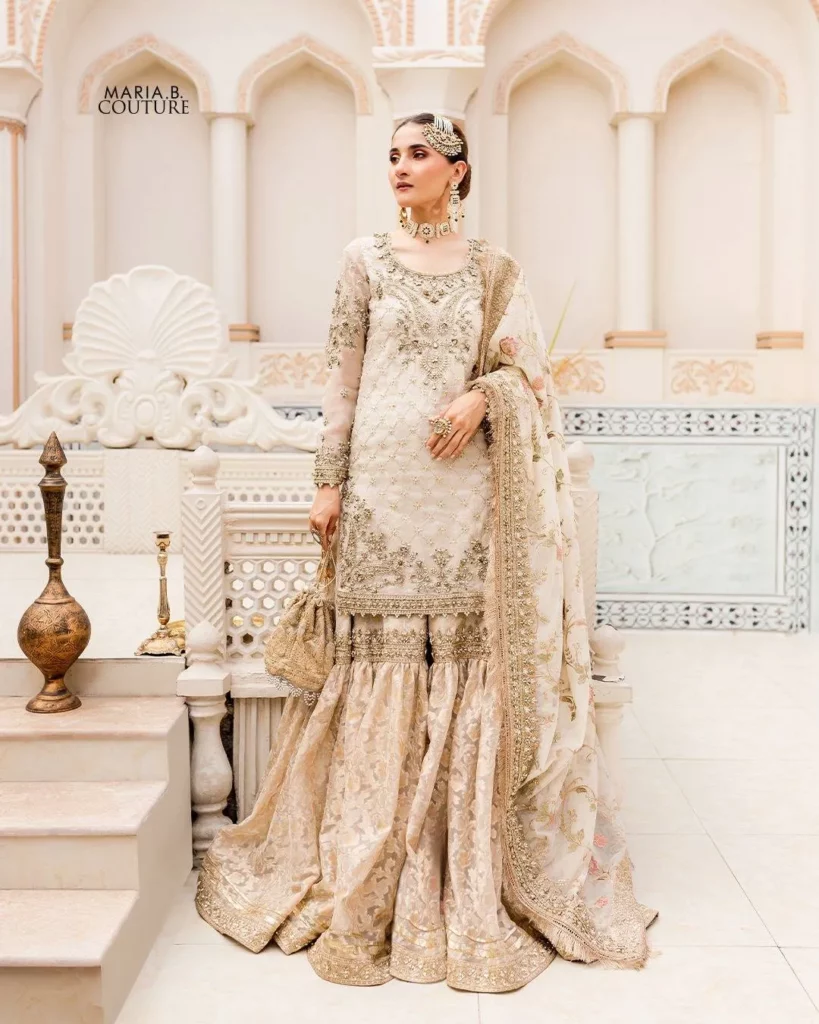
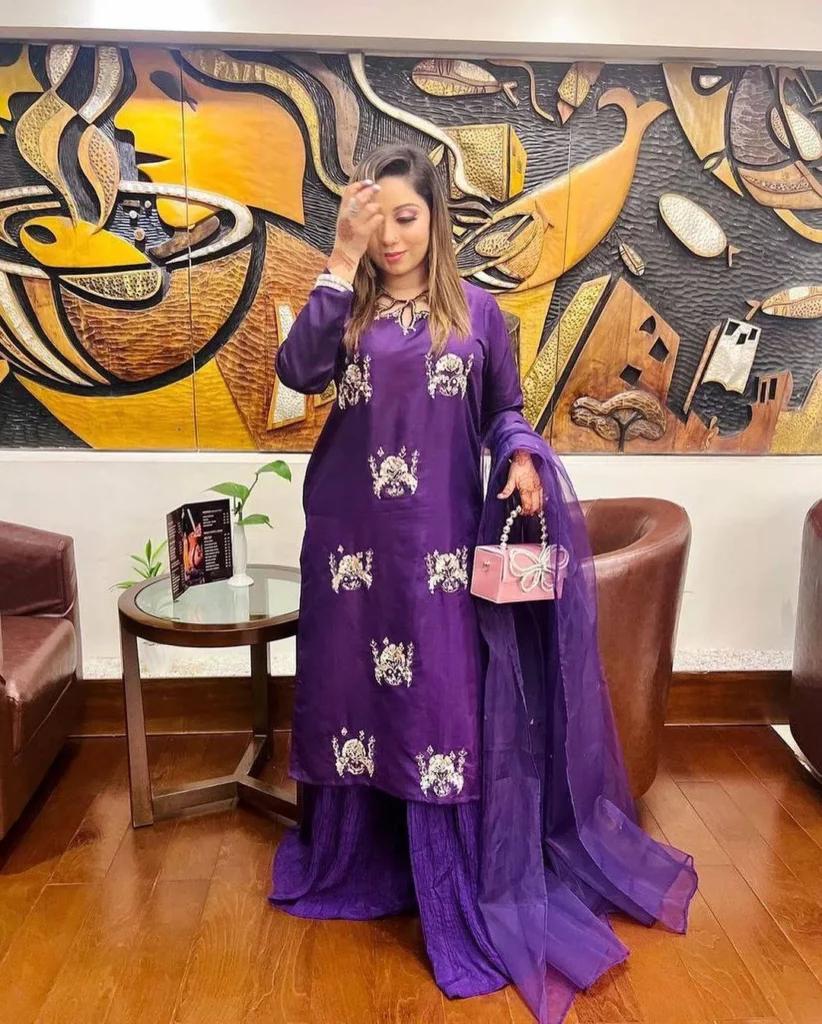
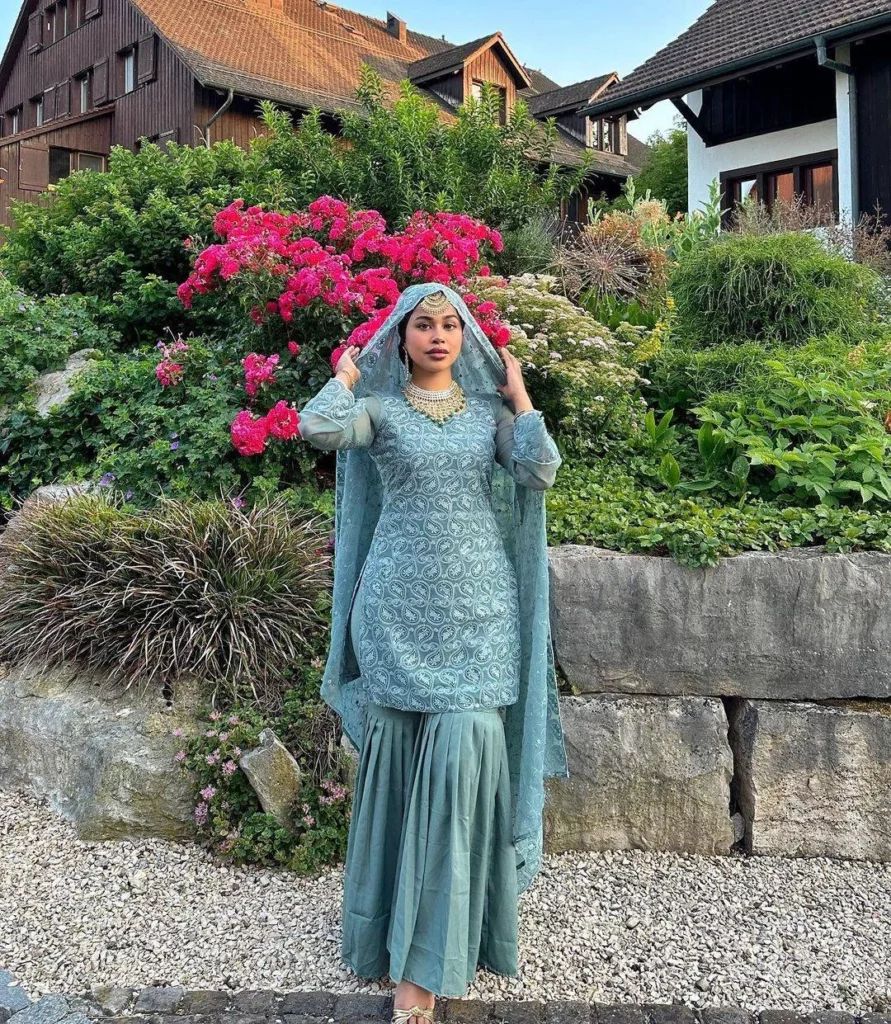
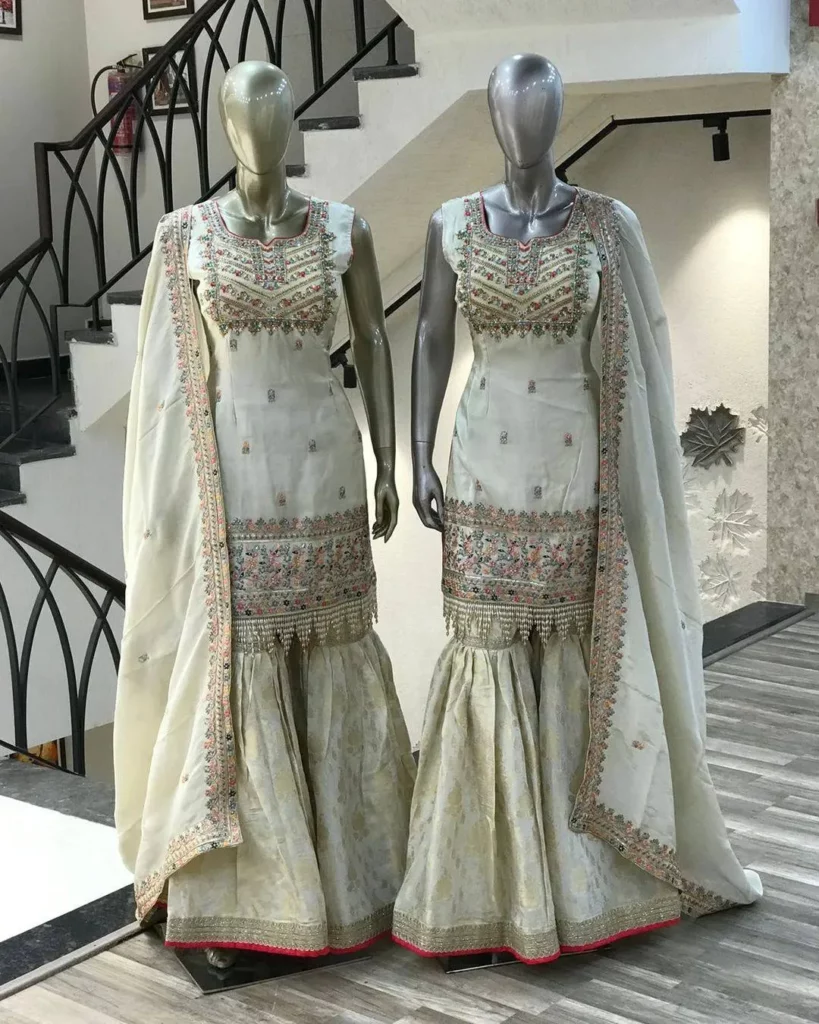
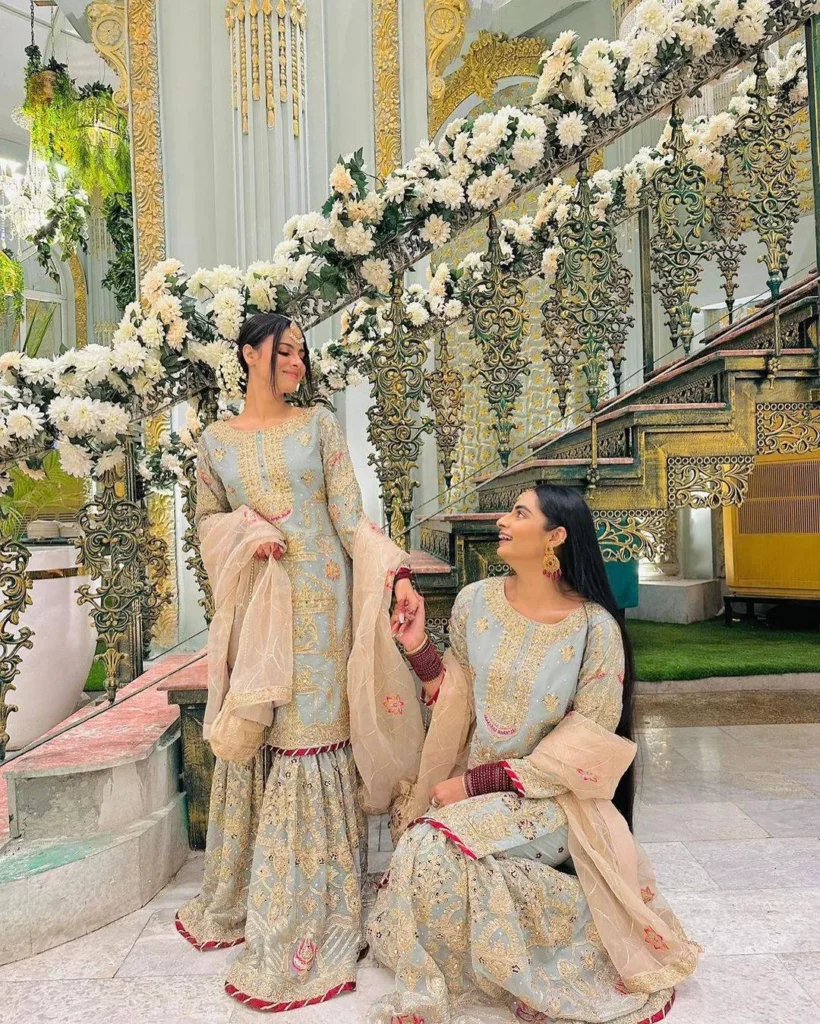
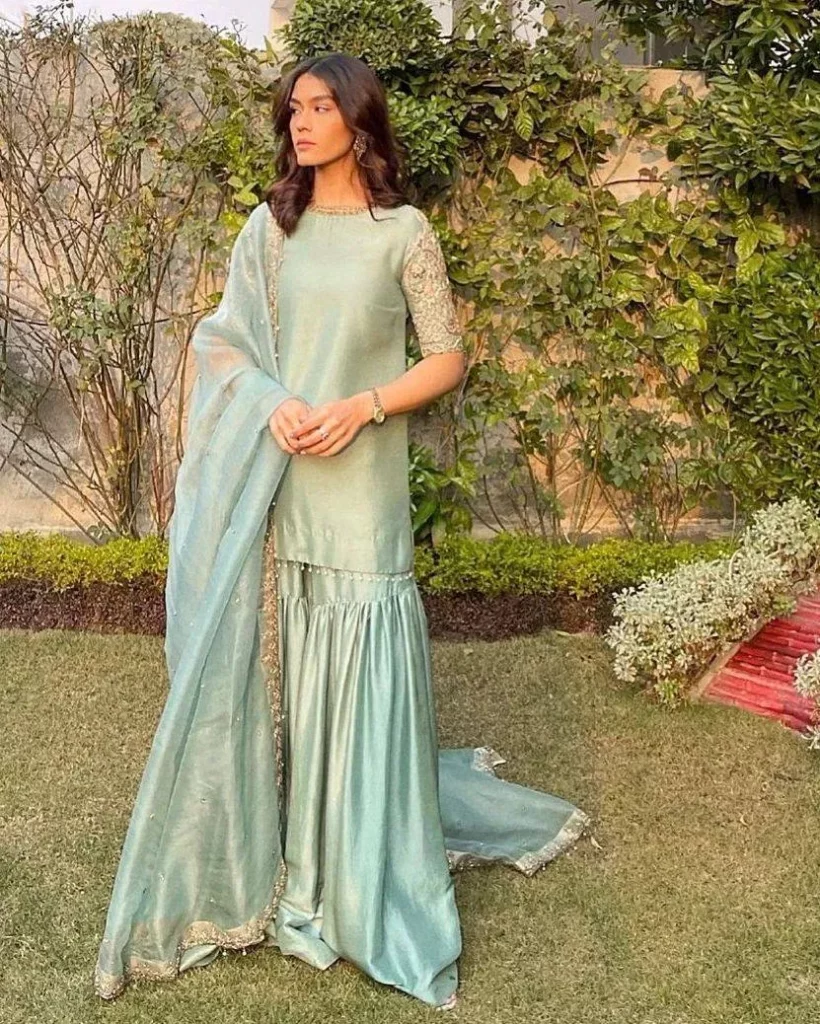
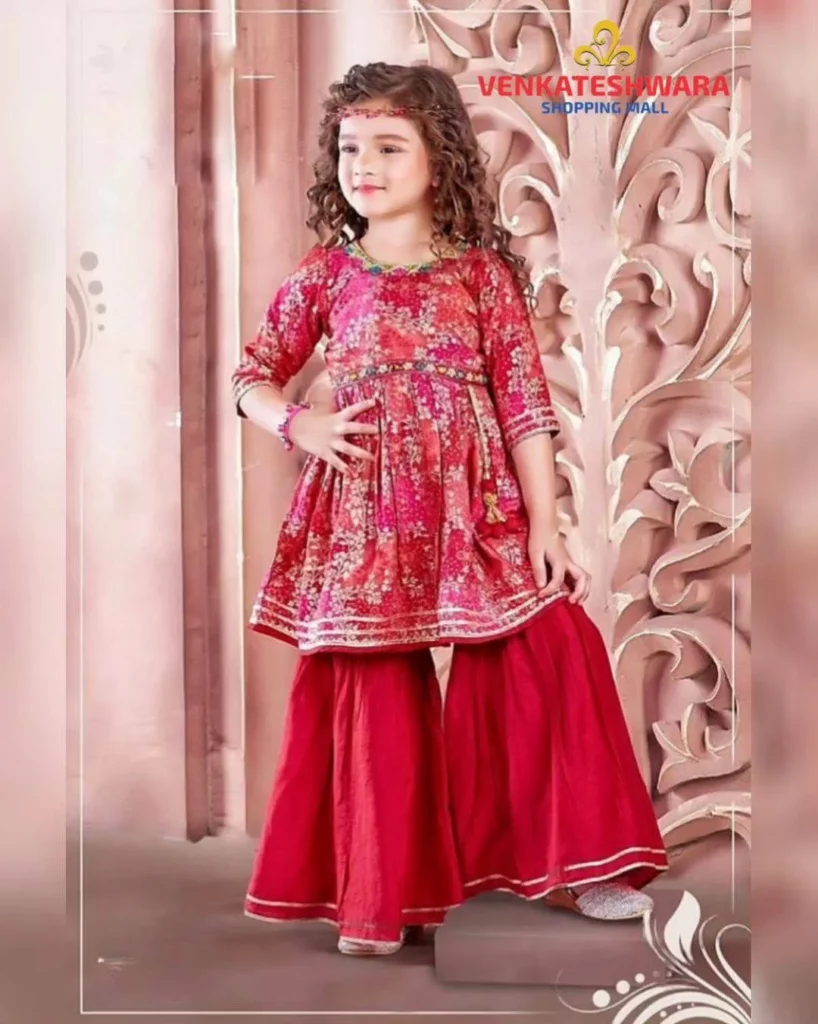
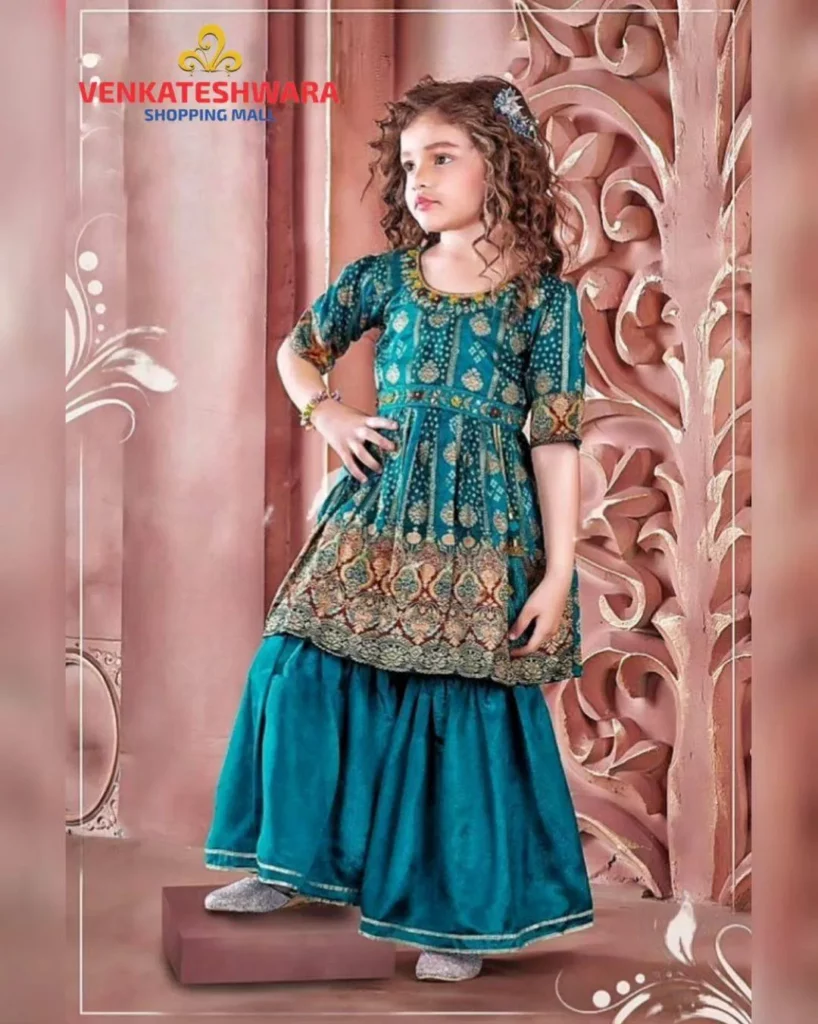
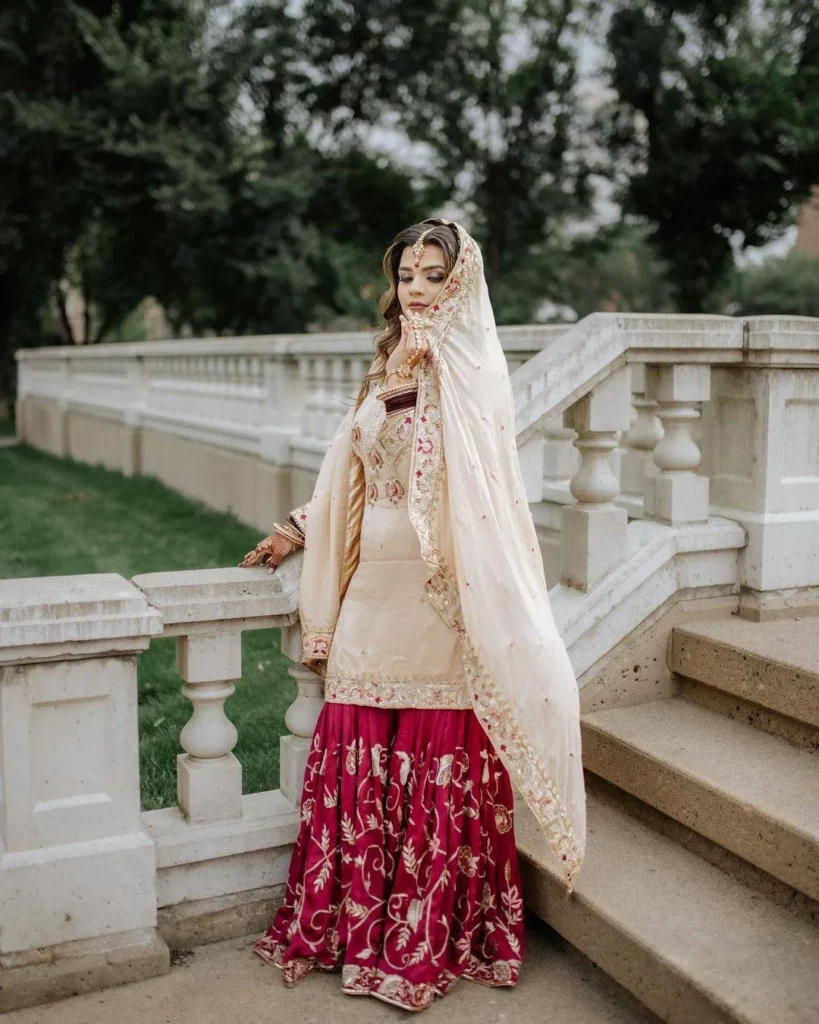
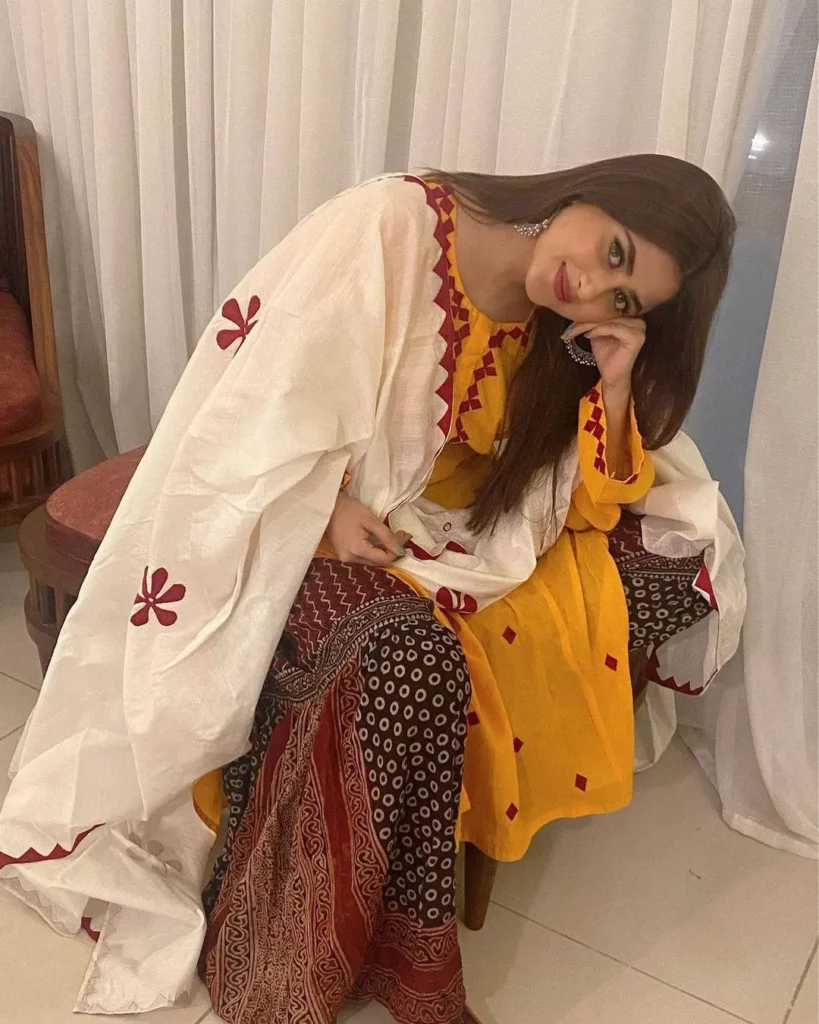
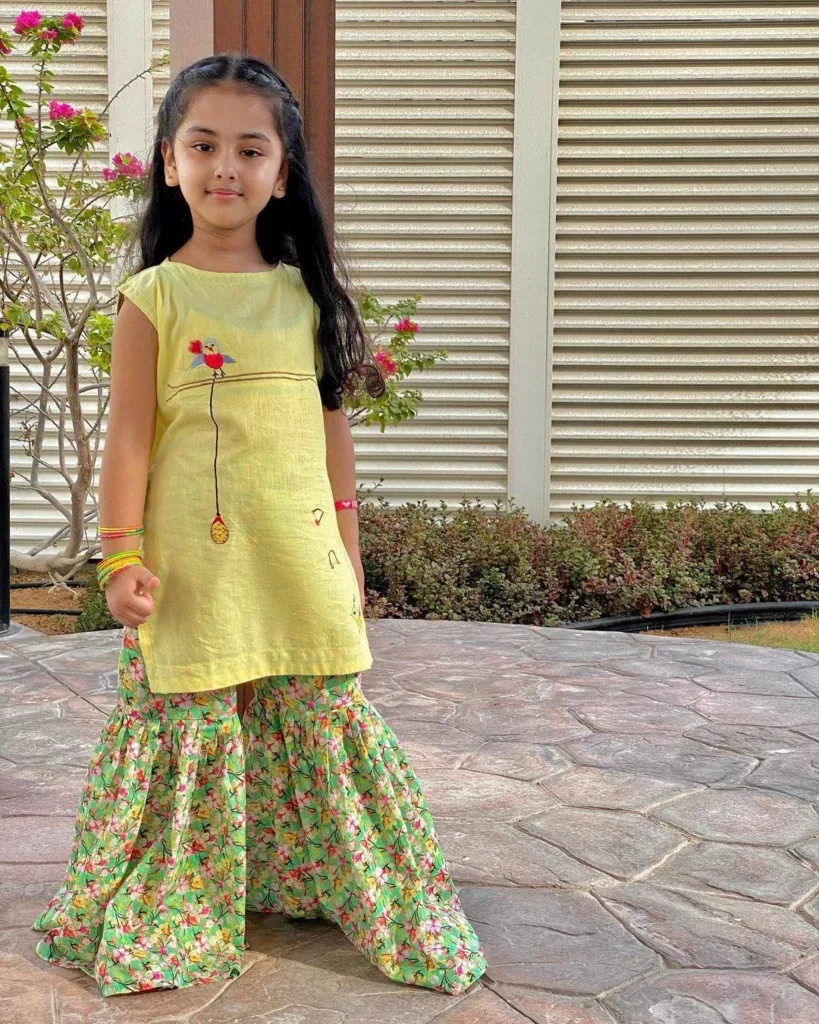
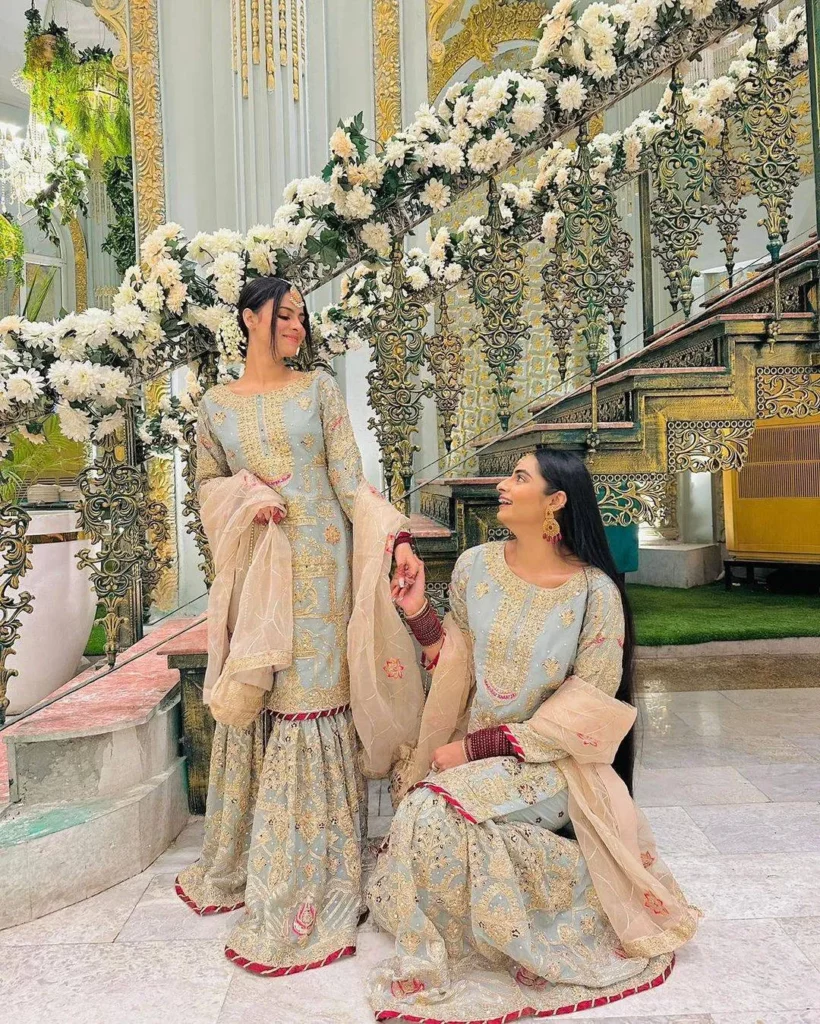
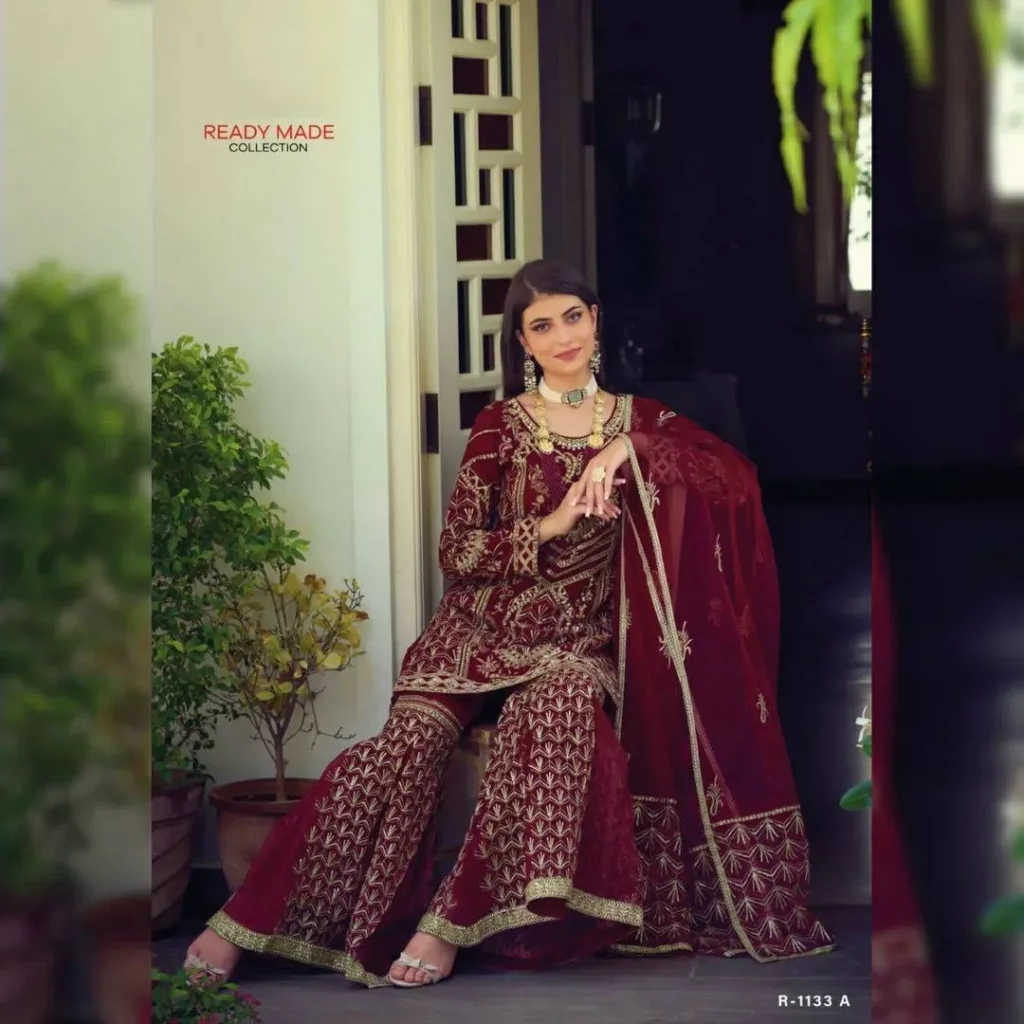
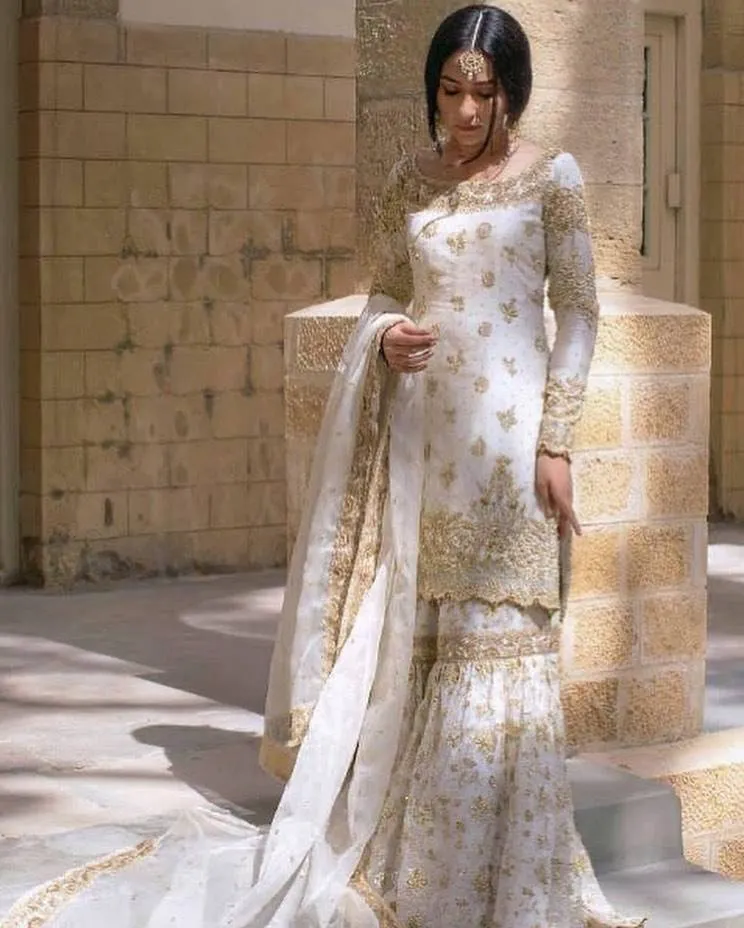
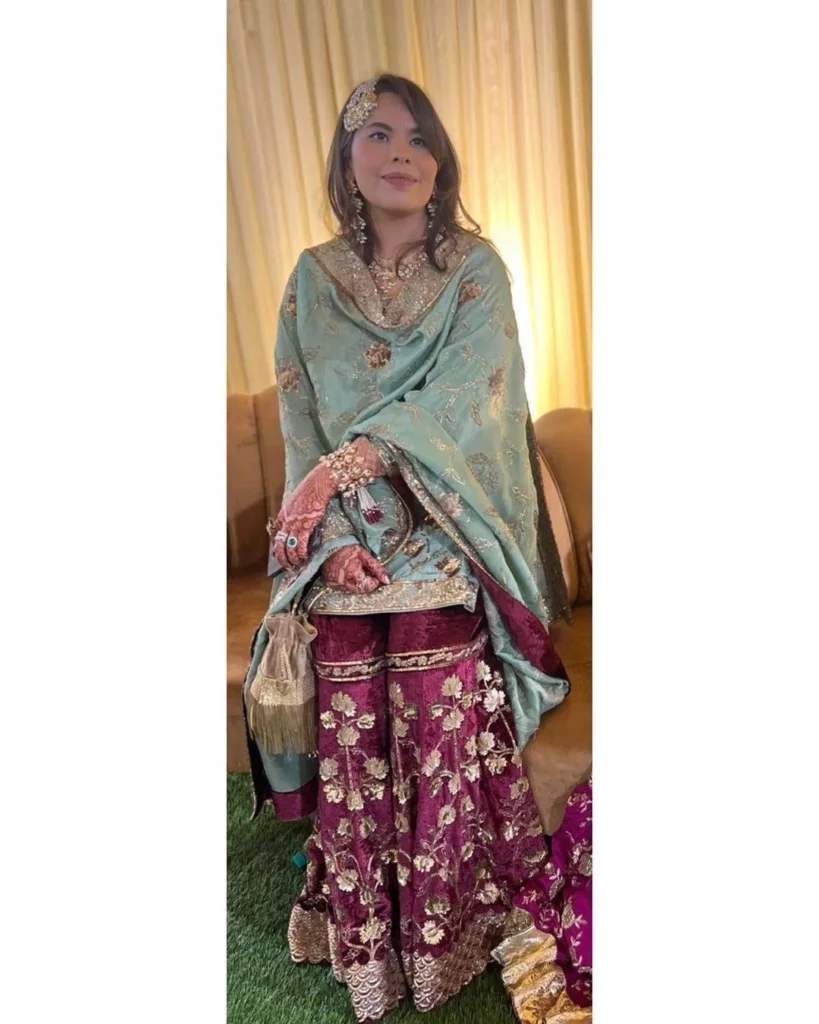
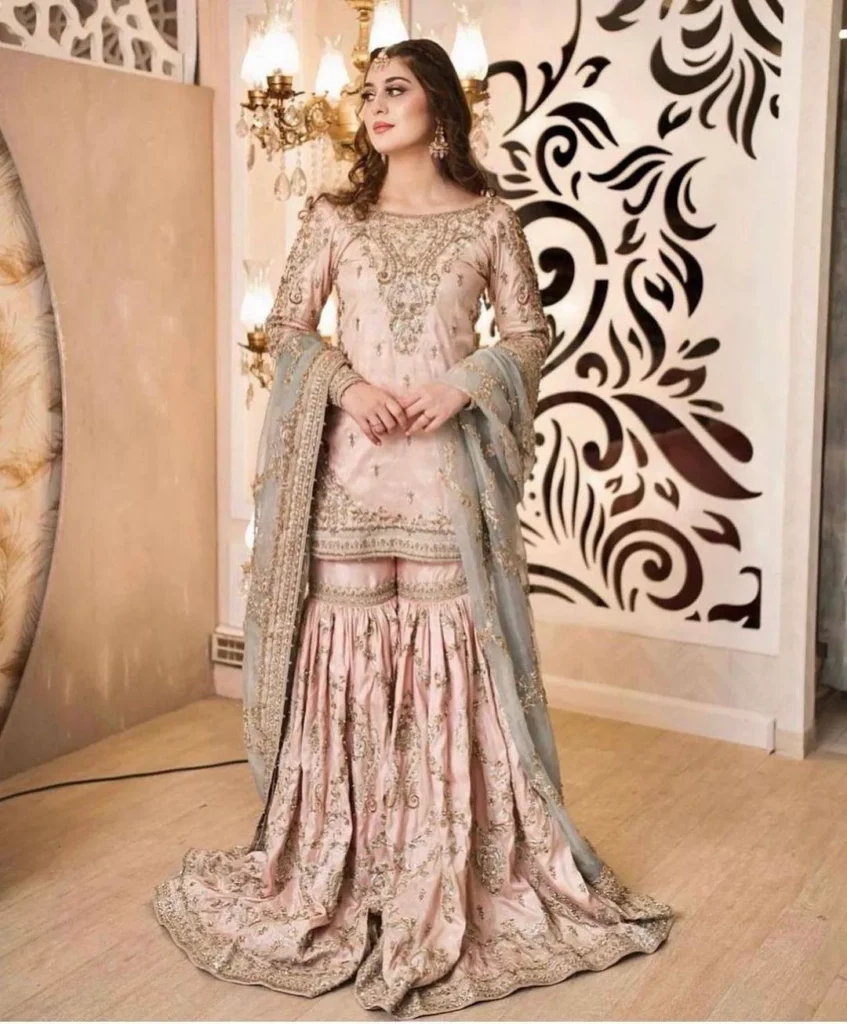
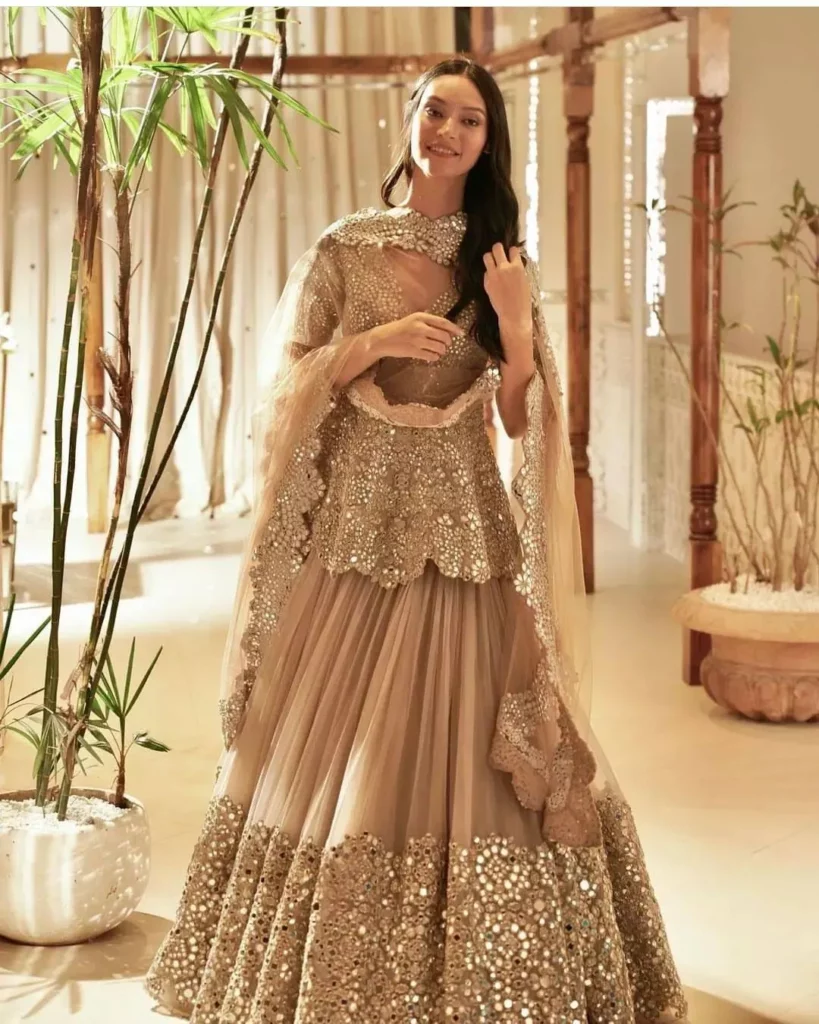
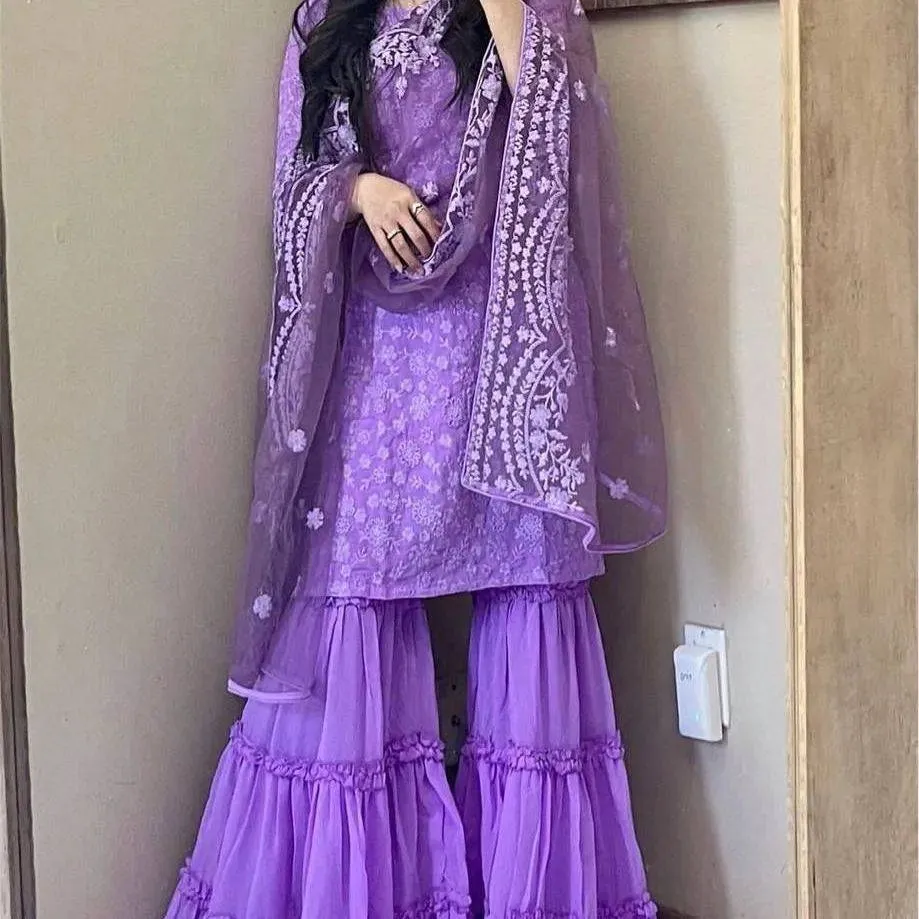
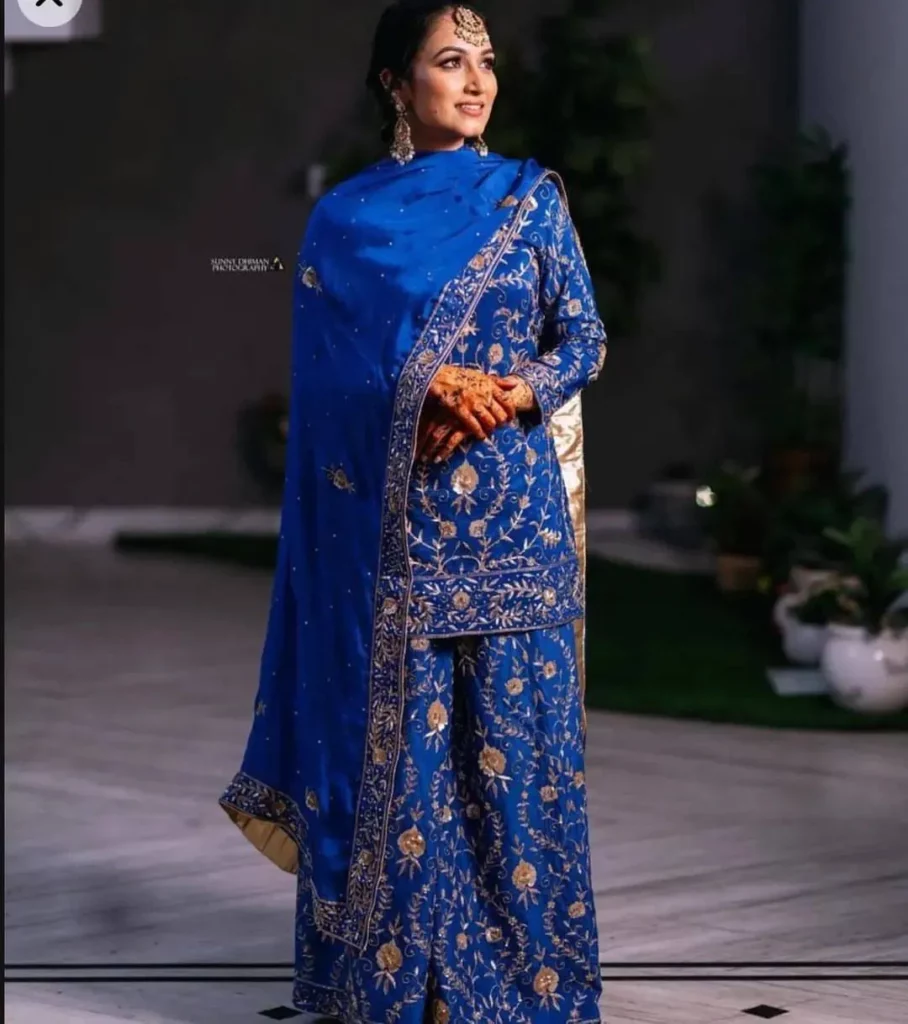
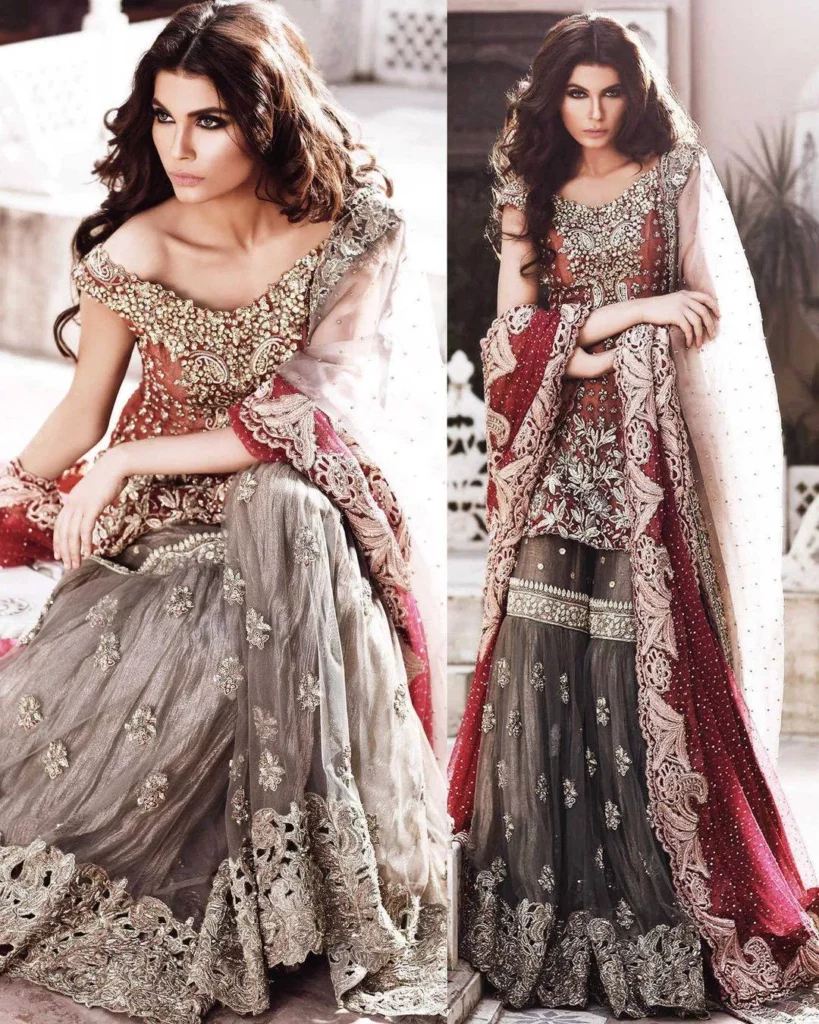
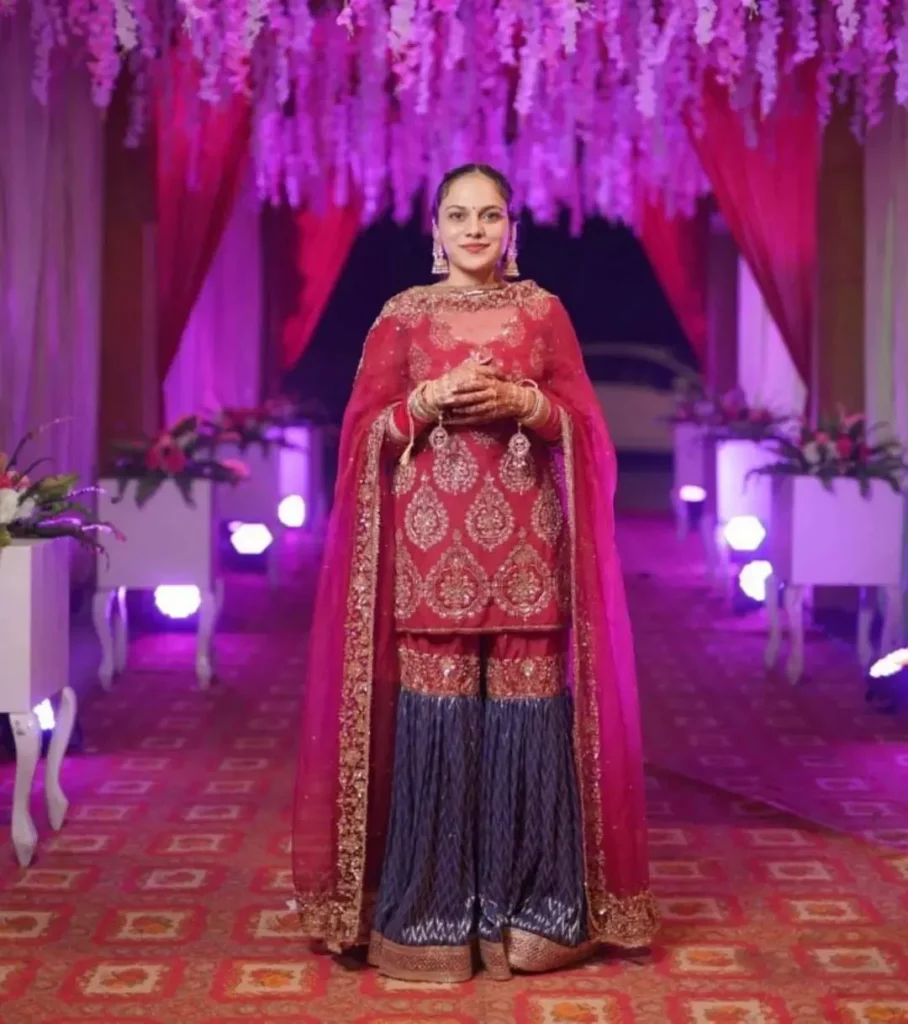
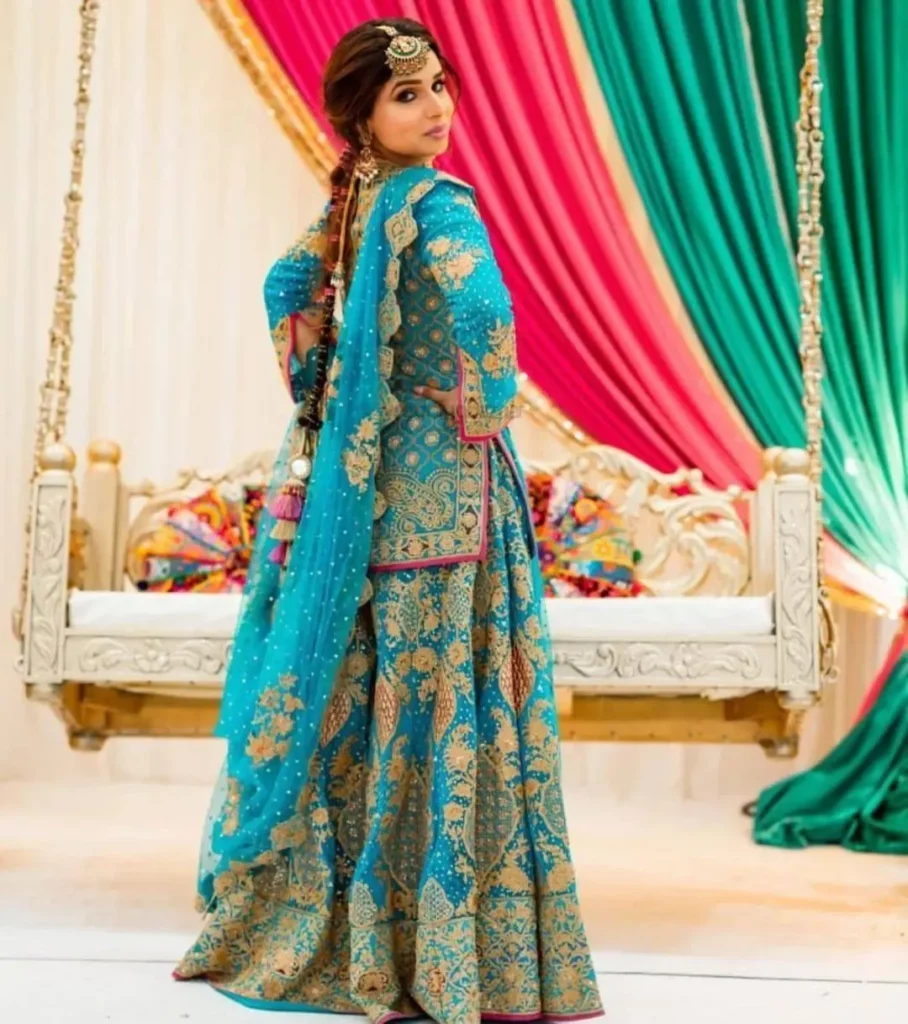
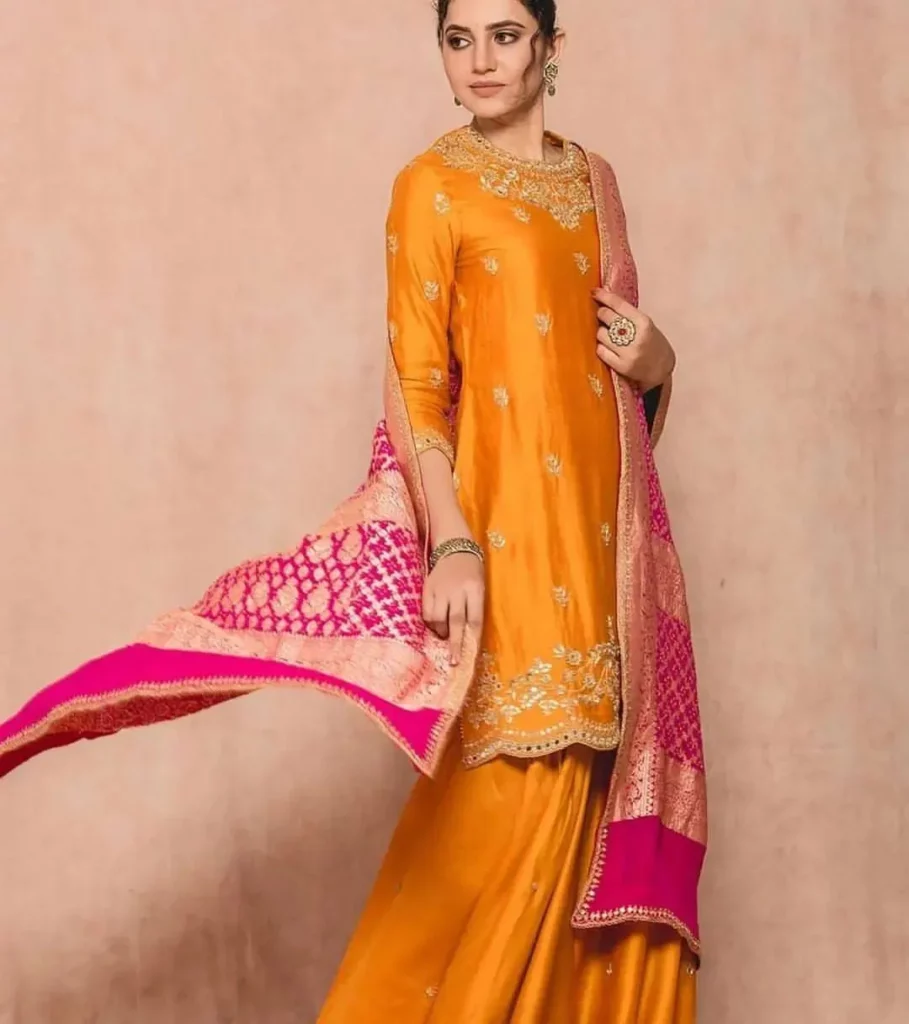
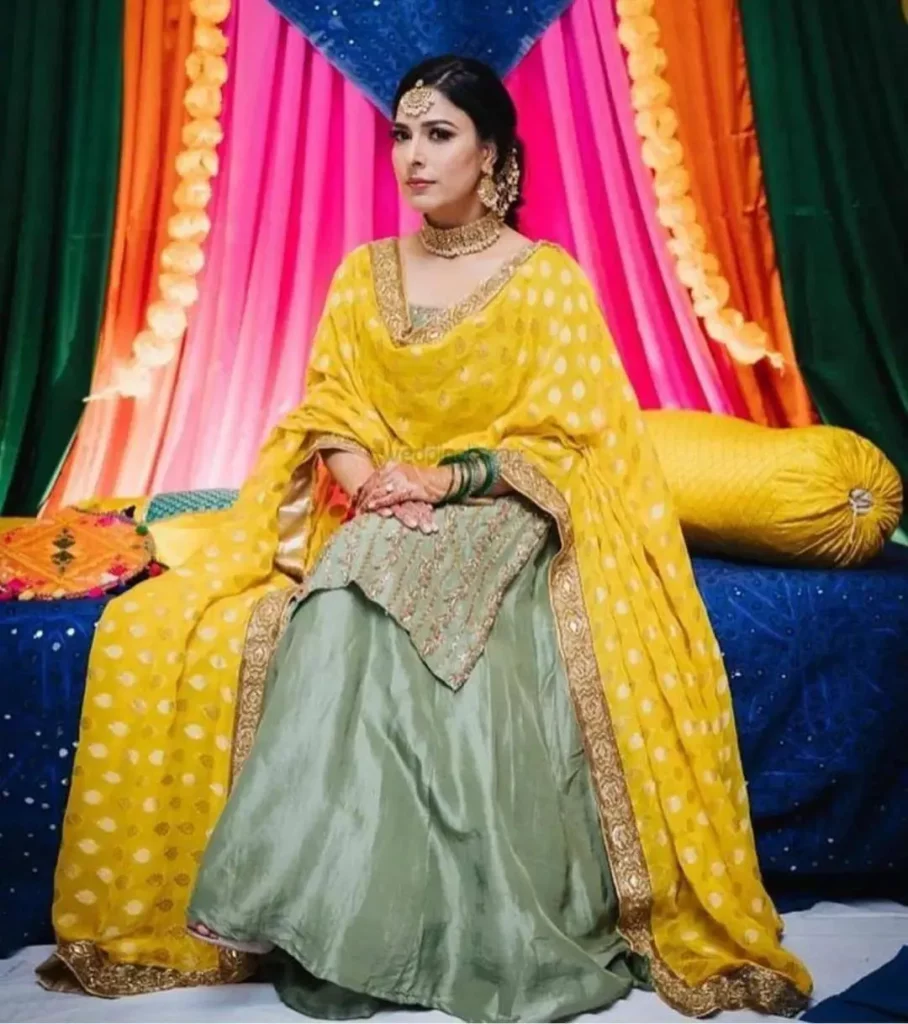
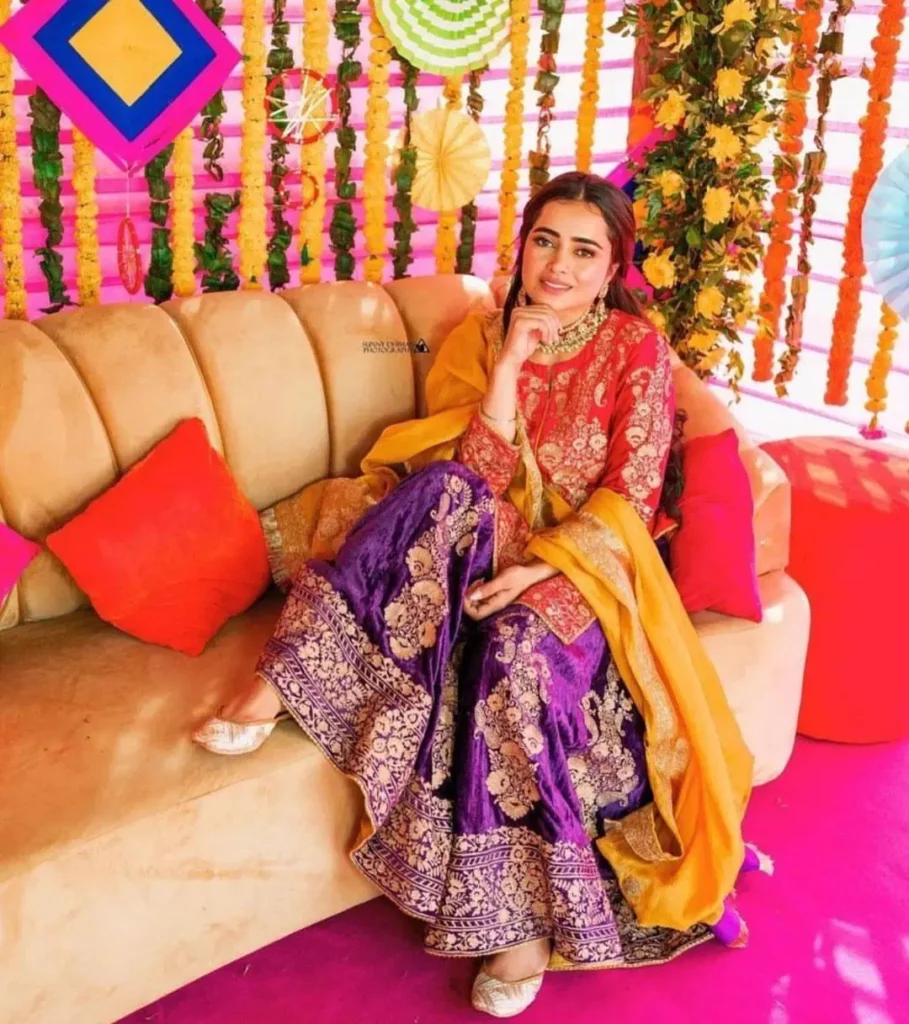
Conclusion
Now over to you. Let us know what you think by dropping a comment below. Also tell us which of these traditional attires you’ve been interchanging before now. We’d love to hear.
Image Credits: All images were gotten from Instagram and there are no intended copyright infringements on the original owners.


